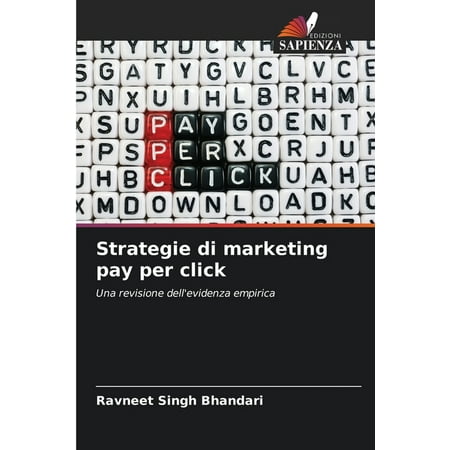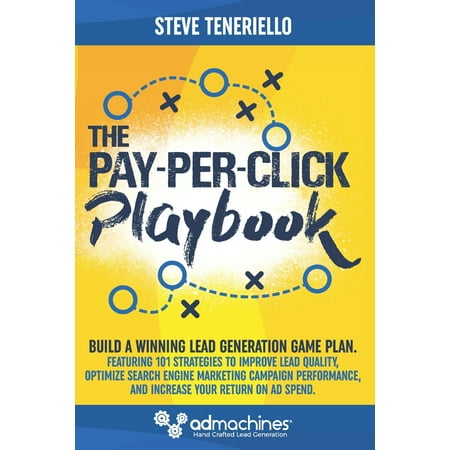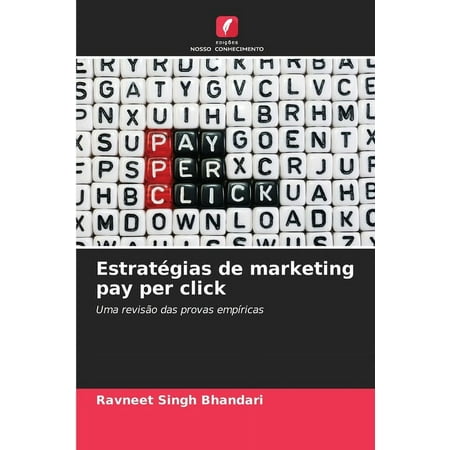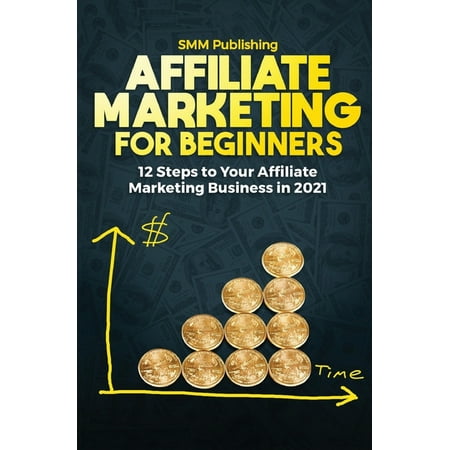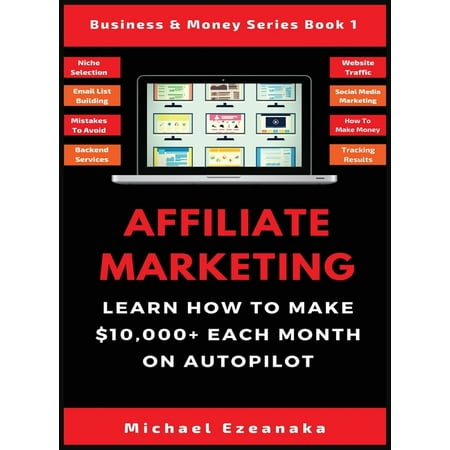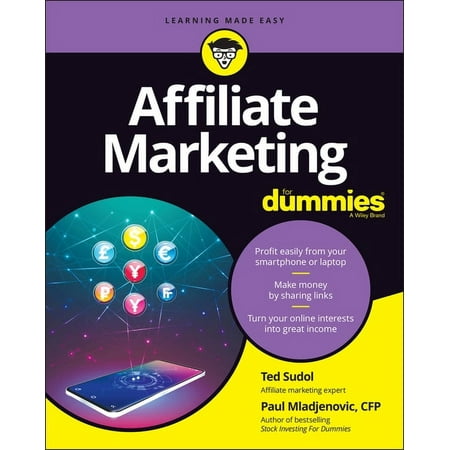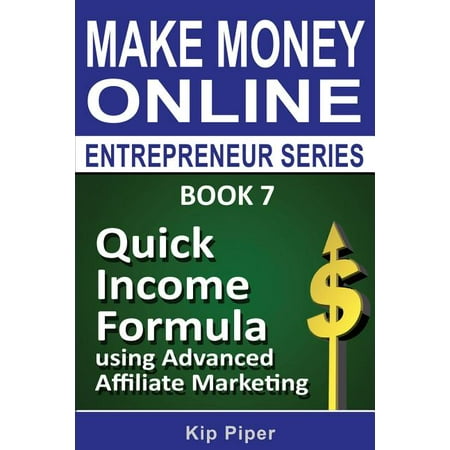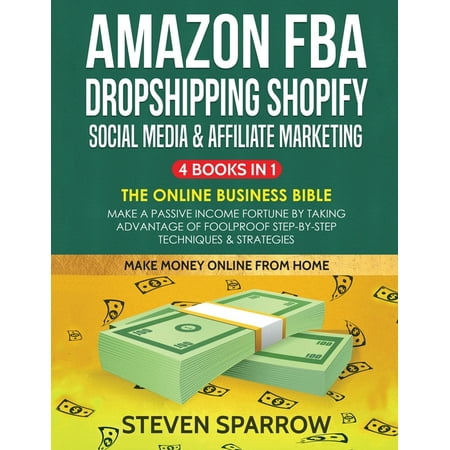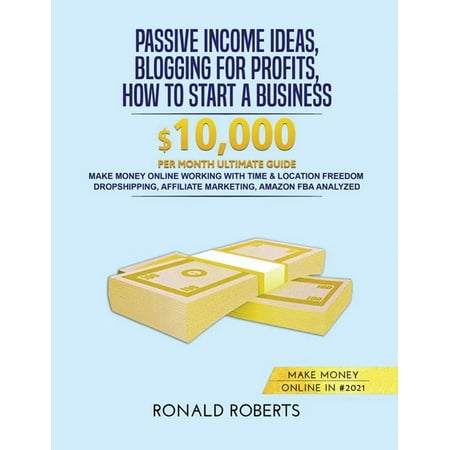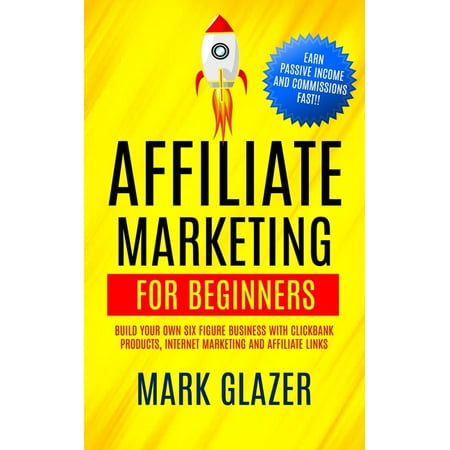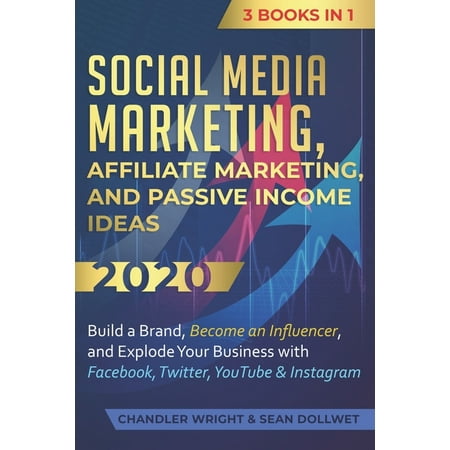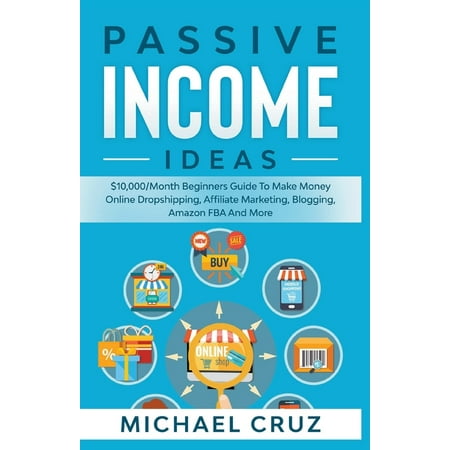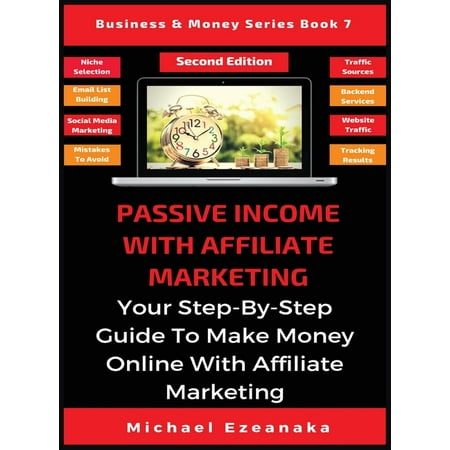Table of Contents
Toggle
In “Comparing the Top Business Books,” we explore the world of business literature and provide insights into how to evaluate and compare the best books in the field. Whether you are looking for guidance on digital marketing, business management, AI, Google ads, SEO, PPC/SEM, or sales and marketing, this article will equip you with the necessary tools to make informed decisions and select the most relevant and impactful books for your professional growth. Discover the key factors to consider when comparing business books and unlock the knowledge and strategies that can propel your career to new heights.


Comparing Business Books
When it comes to selecting the best business book to read, there are several criteria that you can consider. By evaluating various aspects of the books, such as content and topics, the author’s expertise and credibility, writing style and clarity, relevance to current business trends, practicality and applicability, case studies and examples, readers’ reviews and ratings, price and value for money, as well as your personal preference and learning style, you can make an informed decision and choose the book that suits your needs the best.
Criteria for Comparison
Identifying the purpose of why you want to read a business book is crucial in narrowing down your options. Are you looking for guidance in a specific area such as digital marketing, business management, AI, Google ads, SEO, PPC/SEM, or sales and marketing? Understanding your objectives will help you select the right category of books. When comparing business books, it is essential to define evaluation parameters. Consider the subject matter coverage, depth and breadth of information, uniqueness, and innovative ideas presented in the book. A well-balanced book should strike a good balance between theory and practice, providing you with both theoretical knowledge and practical applications. To set realistic expectations, consider the author’s expertise and credibility. Look into the author’s professional background, experience, and track record in the field. Their reputation and any recognition or awards they may have received can also indicate their credibility. A highly experienced and respected author is more likely to provide valuable insights and advice.Content and Topics
The content and topics covered in a business book play a significant role in its usefulness to the readers. An excellent business book should provide comprehensive coverage of the subject matter you are interested in. It should go beyond surface-level information and delve deep into the intricacies and complexities of the topic. Consider the depth and breadth of information provided in the book. Does it provide a comprehensive overview of the subject? Does it delve into specific aspects and provide detailed explanations? The more comprehensive the coverage, the more value the book will offer. Uniqueness and innovative ideas are also crucial factors to consider. Look for books that present fresh perspectives and ideas that go beyond what is commonly known or readily available. A unique approach can spark creativity and provide you with a competitive edge. Strike a balance between theory and practice when evaluating a business book. Theoretical knowledge is essential, but practical applications are equally valuable. Look for a book that provides actionable advice and strategies that you can implement in real-world scenarios.Author’s Expertise and Credibility
The author’s expertise and credibility are vital in determining the quality of a business book. Consider the author’s professional background and whether they have practical experience in the field they are writing about. Real-world experience can provide valuable insights and make the content more relevant and applicable. Evaluate the author’s track record in the field. Have they written other successful business books? Have they contributed to industry publications or given lectures and presentations? A proven track record demonstrates their expertise and dedication to the subject matter. The author’s reputation in the field is another important consideration. Do they have a respected position? Are they considered an authority or thought leader in their area of expertise? A reputable author is more likely to offer valuable insights and deliver high-quality content. Recognition and awards can also indicate the author’s credibility. Have they received any accolades for their work? Awards such as industry recognition or best-selling status can give you confidence in the author’s expertise and the book’s quality.
Writing Style and Clarity
An engaging and accessible writing style is crucial in keeping readers interested and motivated to continue reading. Look for a book that is written in a friendly and conversational tone, making complex concepts easier to understand. A well-written book should be able to explain ideas clearly and concisely. Evaluate the coherence and logical flow of the book. Is the content presented in a structured manner, making it easy to follow? A book with well-organized chapters and sections can enhance your learning experience. The use of examples and anecdotes can also contribute to a book’s clarity. Real-life examples and relatable anecdotes can help illustrate concepts and make them more tangible. Look for a book that uses relevant and well-explained examples to enhance your understanding. Clear explanations and definitions are essential in ensuring that the book’s content is easily comprehensible. Consider whether the book provides clear definitions of key terms and concepts. A book that provides clear explanations can help you build a solid foundation of knowledge.Relevance to Current Business Trends
In today’s fast-paced business world, it is crucial to stay up to date with current trends and developments. When comparing business books, consider whether the book addresses contemporary challenges and incorporates technological advancements. Look for a book that adapts to changing business landscapes. With the rapid evolution of industries and market dynamics, a book that acknowledges and addresses these changes can provide you with valuable insights and strategies. Consider whether the book is relevant to specific industries. Some business books cater to a specific niche or industry, offering specialized knowledge and advice. If you work in a particular industry, a book tailored to that industry can provide targeted and relevant information.Practicality and Applicability
While theoretical knowledge is valuable, the practicality and applicability of the concepts discussed in a business book are equally important. Consider whether the book provides actionable advice and strategies that can be implemented in real-world scenarios. Look for books that provide practical tools and frameworks to support the implementation of the concepts discussed. Templates, checklists, or step-by-step guides can make it easier to apply the knowledge acquired from the book. Exercises and activities that encourage active learning and application are also beneficial. Practical exercises can help reinforce your understanding of the concepts and provide opportunities for hands-on learning. Real-world success stories included in the book can inspire and motivate you. Case studies that showcase how businesses have successfully applied the concepts discussed can provide you with valuable insights and practical examples.Case Studies and Examples
The use of case studies and examples can greatly enhance the learning experience when reading a business book. Look for books that include relevant case studies that demonstrate the application of concepts in real-world scenarios. Consider whether the book includes industry-specific examples that are applicable to your field. Industry-specific examples can provide context and make the concepts more relatable and applicable to your own work. The variety and range of examples provided in the book can also indicate its quality. A book that includes a diverse range of examples from different industries and scenarios can offer a broader perspective and allow for a more comprehensive understanding of the concepts.Readers’ Reviews and Ratings
While subjective, readers’ reviews and ratings can provide valuable insights into the quality and usefulness of a business book. Check online reviews and ratings on reputable platforms to gauge the general consensus on the book. Evaluate the credibility of the sources providing the reviews. Consider whether the reviewers are credible and knowledgeable in the field. Look for reviews from professionals or experts who can provide insightful opinions. Consider multiple perspectives when evaluating readers’ reviews and ratings. A single negative review may not be indicative of the book’s quality. Look for common themes and feedback among multiple reviews to get a balanced perspective.Price and Value for Money
Price is an important consideration when comparing business books. However, it is essential to consider the value for money rather than solely focusing on the price tag. Evaluate the book’s content, quality, and applicability to determine whether it offers sufficient value for the price. Consider the book’s length and depth of information when assessing its value for money. A longer book with comprehensive coverage may offer more value compared to a shorter book that provides a cursory overview. Look for additional resources or bonus materials included with the book. Some business books offer access to online resources, templates, or bonus chapters, which can enhance the value and provide additional learning opportunities.Personal Preference and Learning Style
Finally, consider your personal preference and learning style when comparing business books. Think about your preferred learning format – whether you prefer reading, watching videos, or listening to audiobooks. Choose a format that aligns with your learning style to ensure an enjoyable and effective learning experience. Visual learners may benefit from books with diagrams, charts, and visual aids. On the other hand, auditory learners may find audiobooks or podcasts more engaging and effective. Reflect on your personal interests and goals. Choose a book that aligns with your interests and addresses your specific needs and challenges. A book that resonates with you personally is more likely to keep you motivated and engaged throughout the reading process. Seek recommendations from trusted sources, such as colleagues, industry experts, or mentors. Their insights and suggestions can help you narrow down your options and identify books that have been well-received by others in the field. By considering these various criteria for comparison, you can make an informed decision and select the business book that best meets your needs and supports your professional growth. Remember to evaluate the content and topics covered, the author’s expertise and credibility, the writing style and clarity, the relevance to current business trends, the practicality and applicability, the presence of case studies and examples, the readers’ reviews and ratings, the price and value for money, as well as your personal preference and learning style. With the right book in hand, you can enhance your business knowledge and skills and set yourself on the path to success.Compare business books, digital marketing books, and more:
Recent Posts
Recent Comments
Archives
Categories
- A.I. Tools
- Antivirus Software and Security Software
- Business Accounting and Budgeting Software
- Business Books
- Business Courses
- Business Credit Services
- Business Financing
- Business Services
- Business Software
- Digital Marketing Tools & More
- Email Marketing Tools & More
- Human Resources Software
- SAAS Tools
- SEM and SEO Tools & More
- Software and SAAS Deals and Discounts
- Video Creation and Video Marketing Software

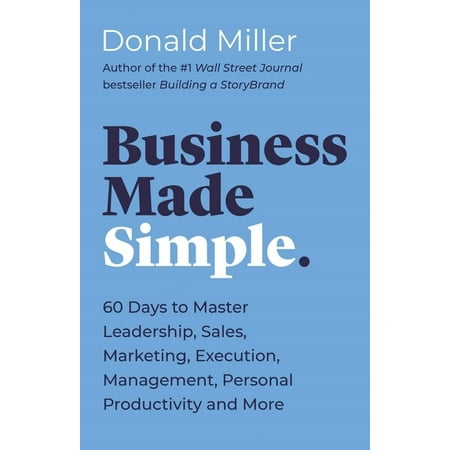
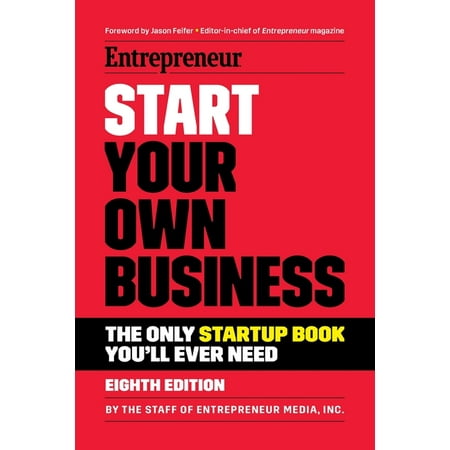
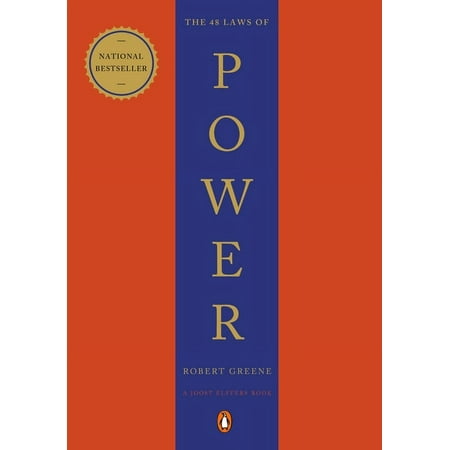
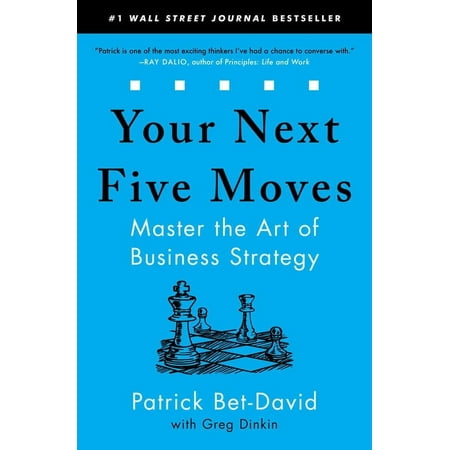
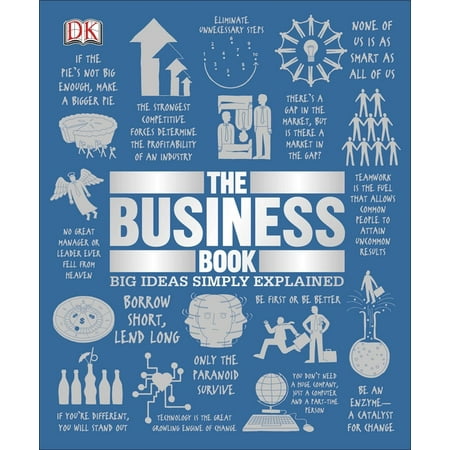
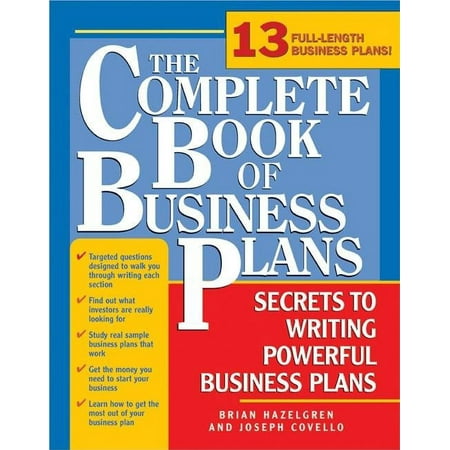
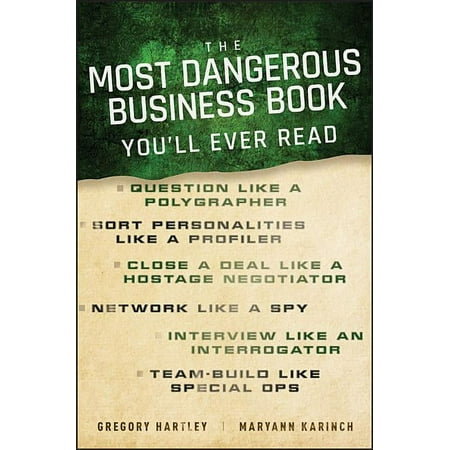
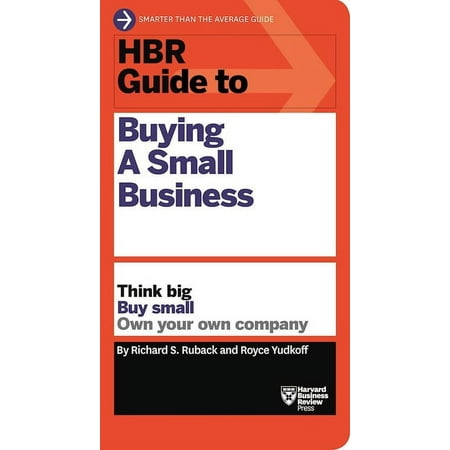
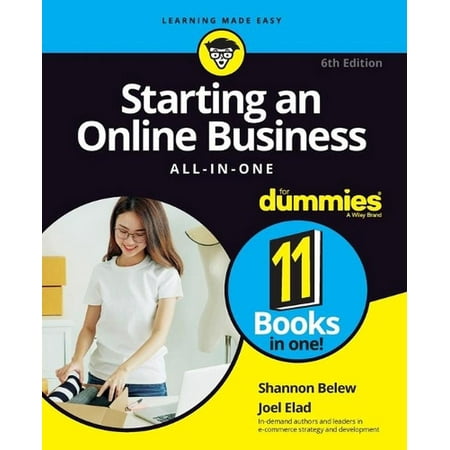
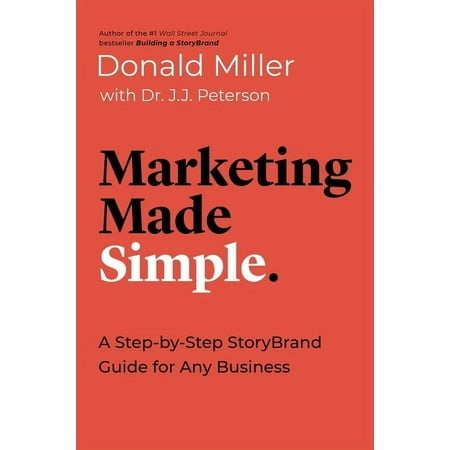

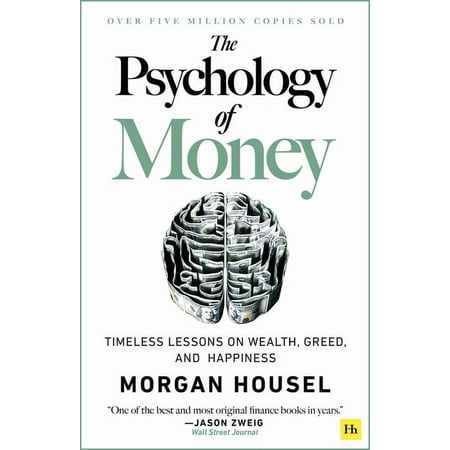
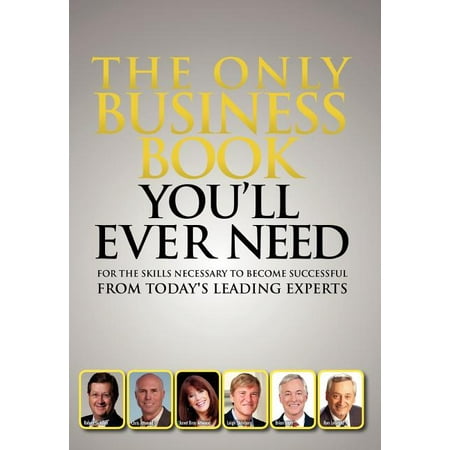
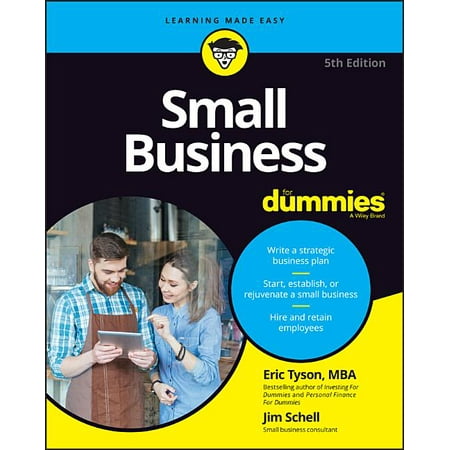
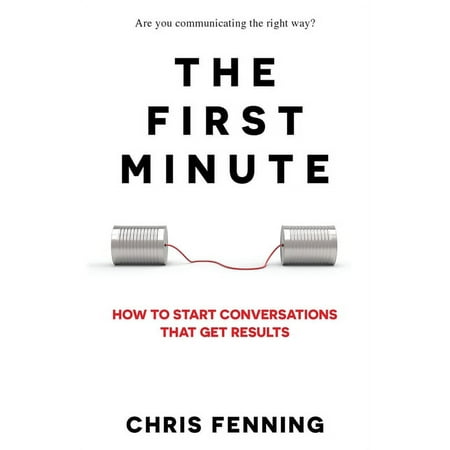
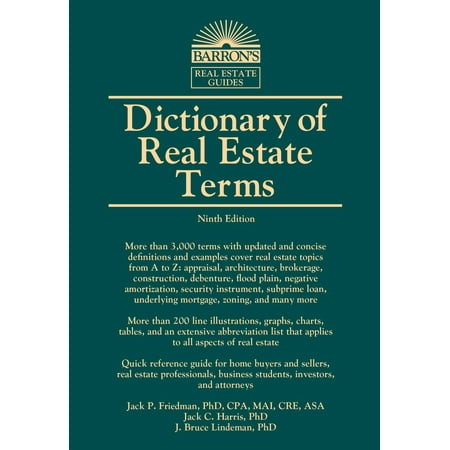
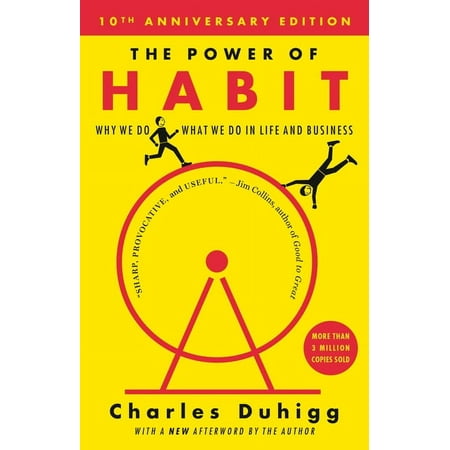
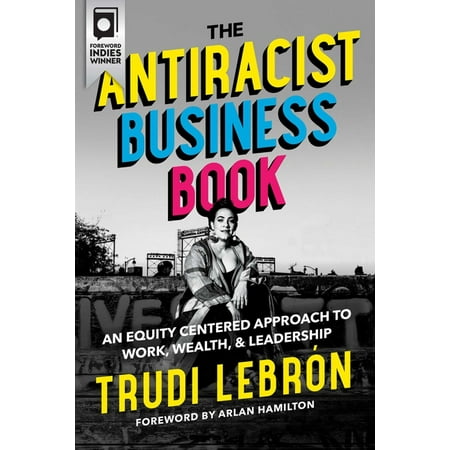
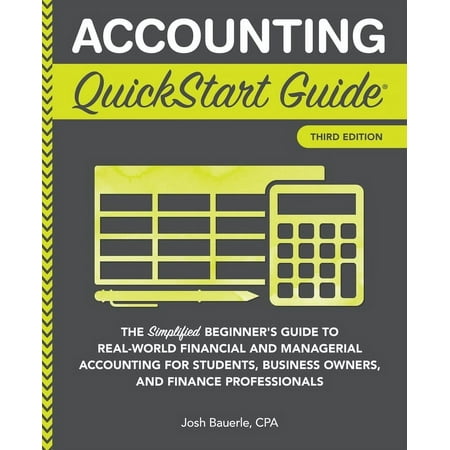
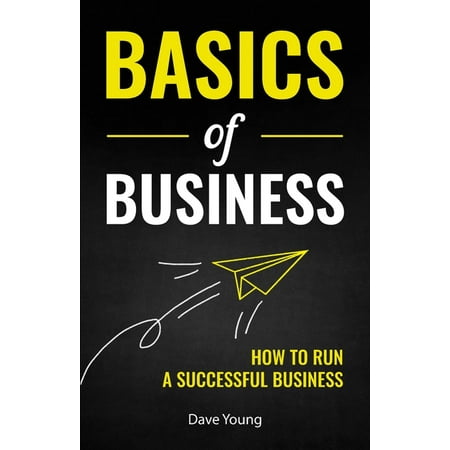
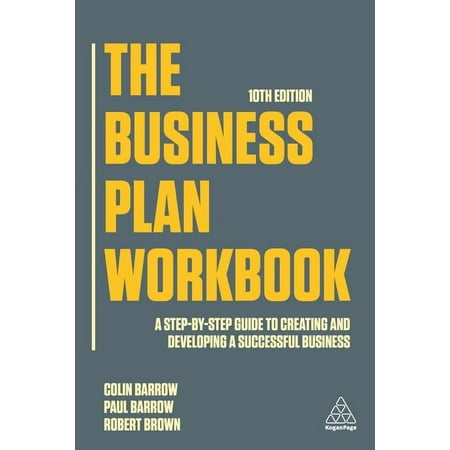

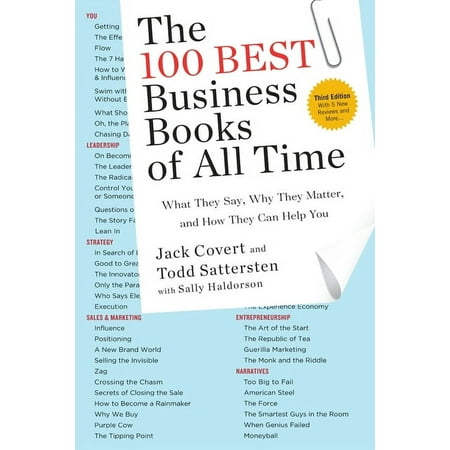
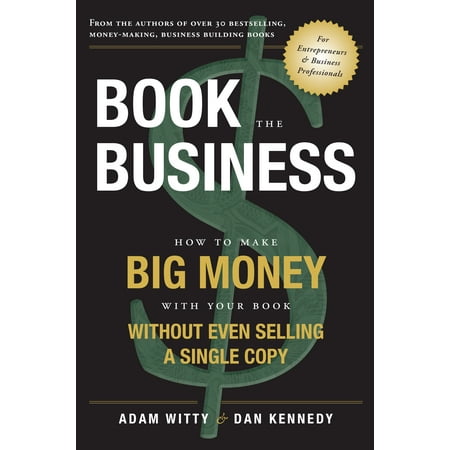
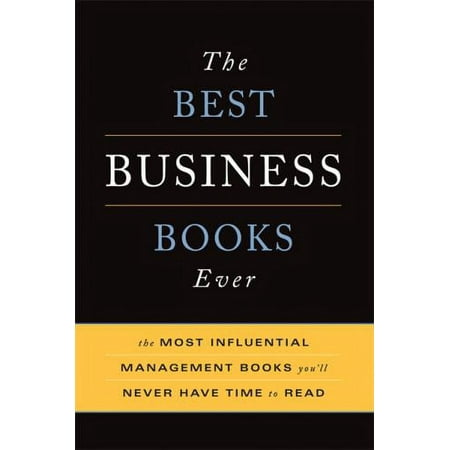

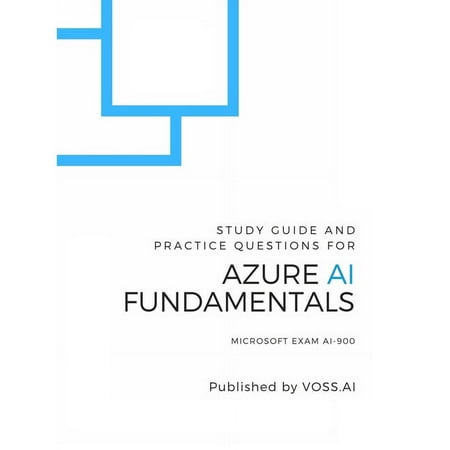

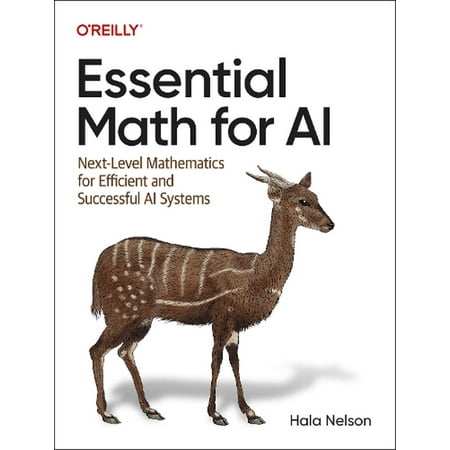


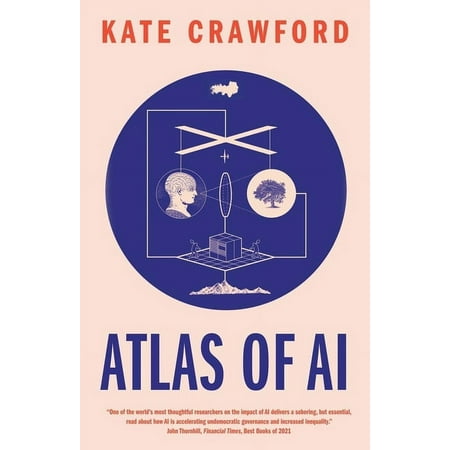


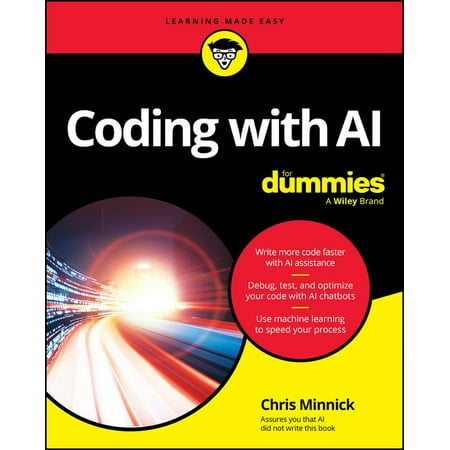



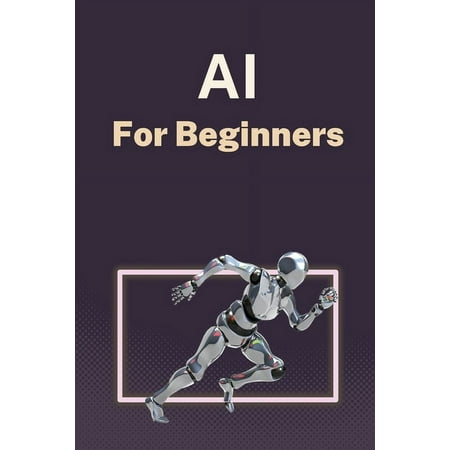
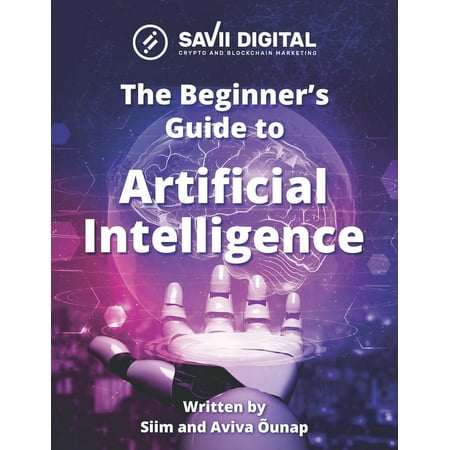


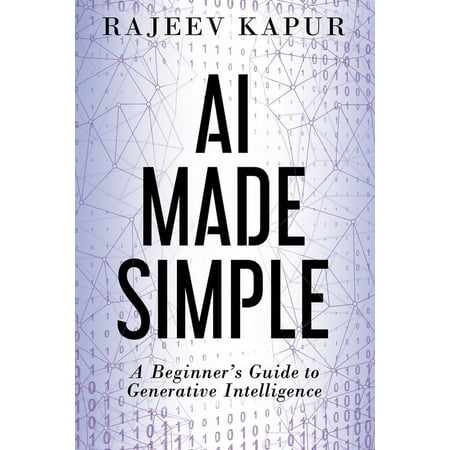


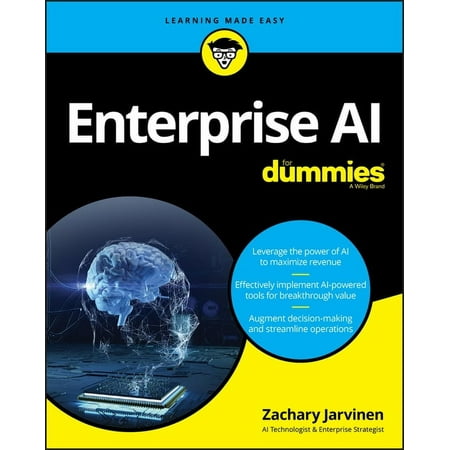
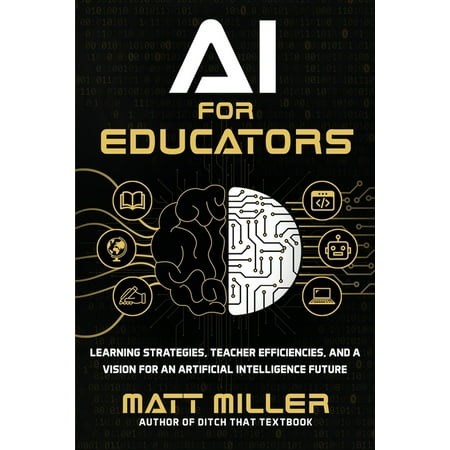


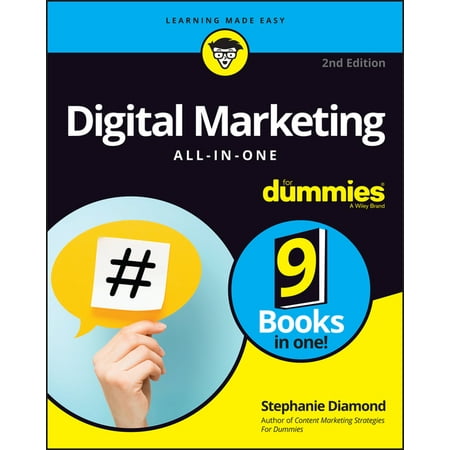
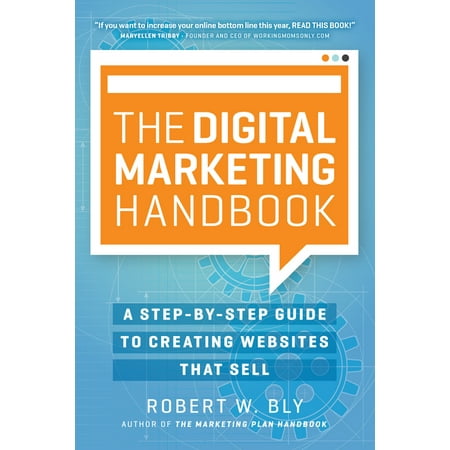
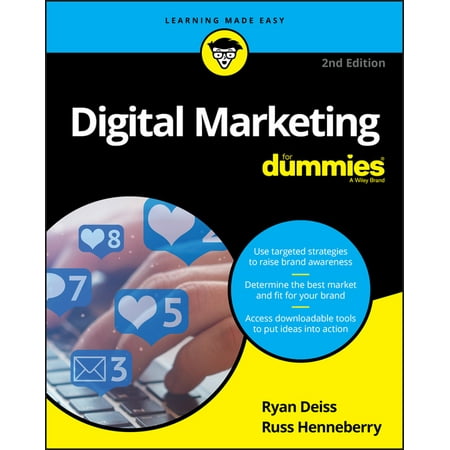
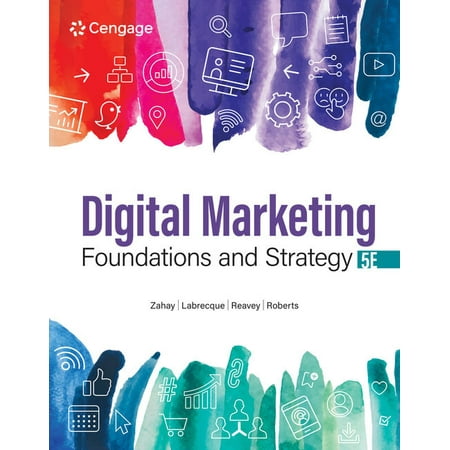
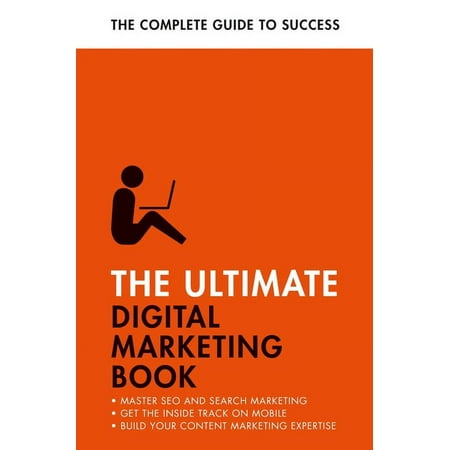

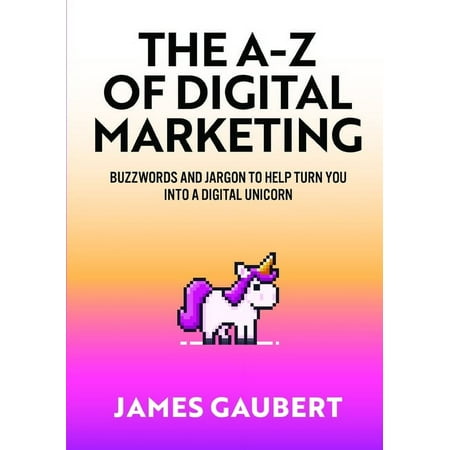
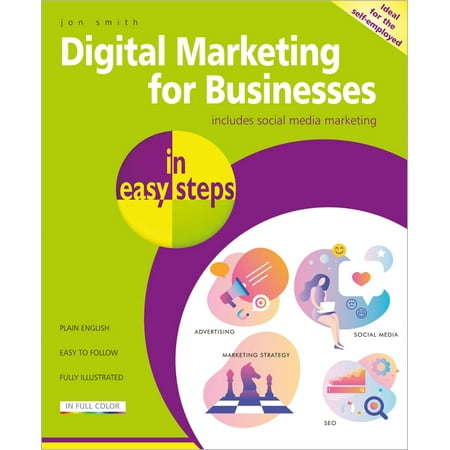
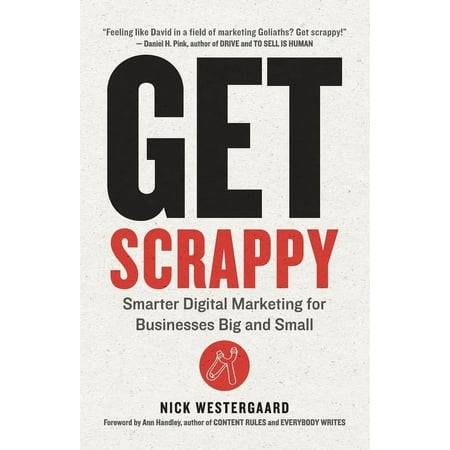
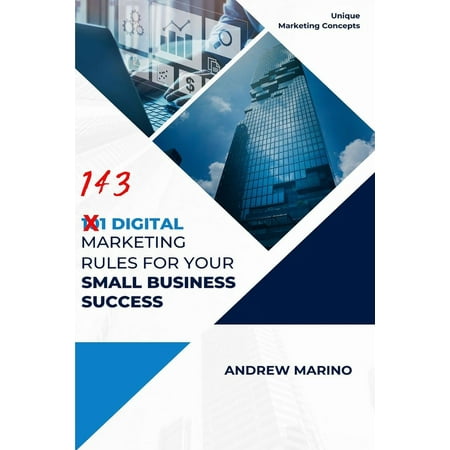
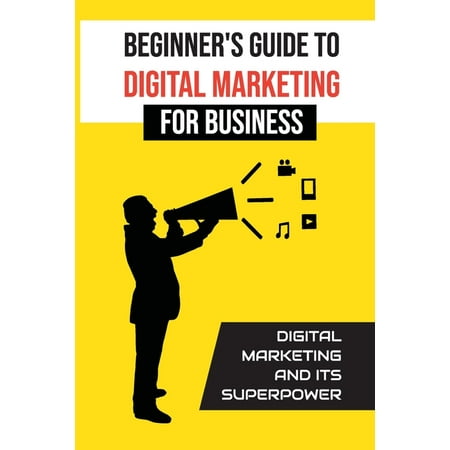
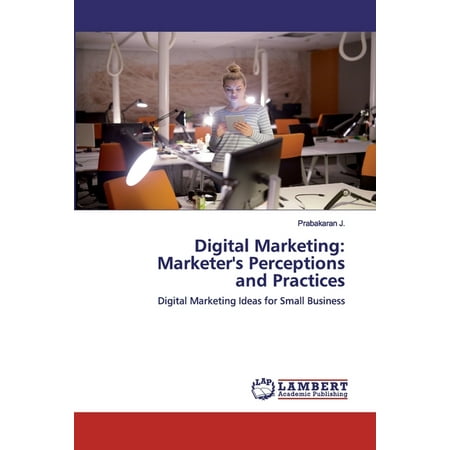
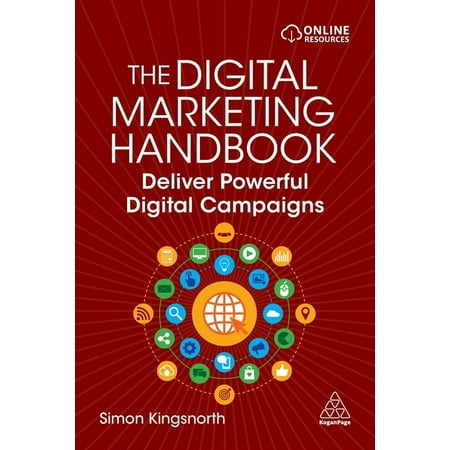
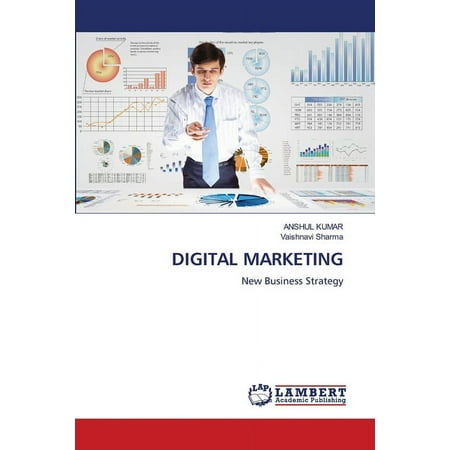
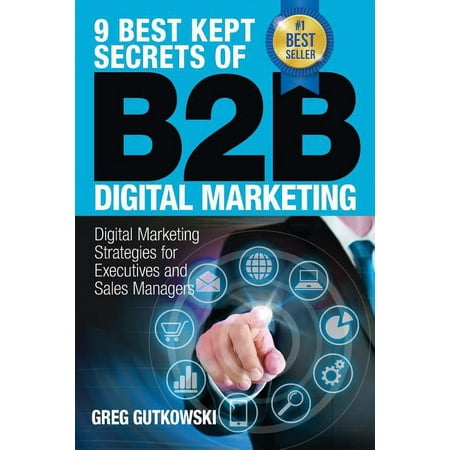
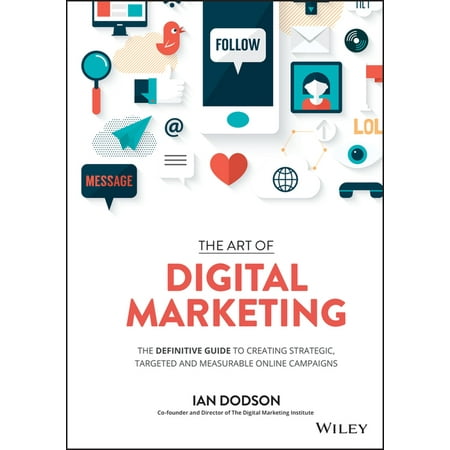
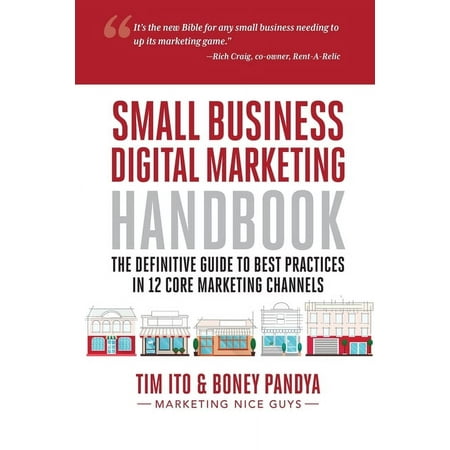
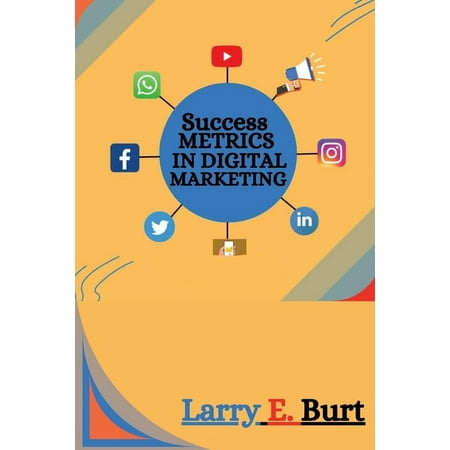
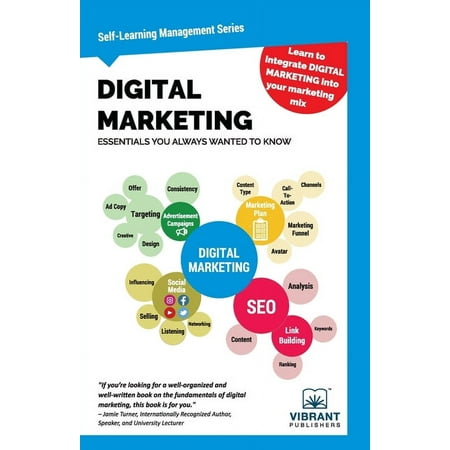
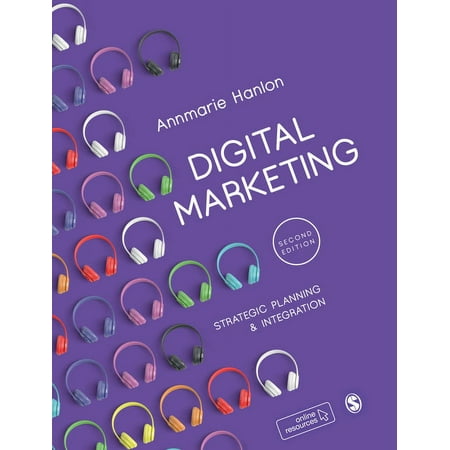
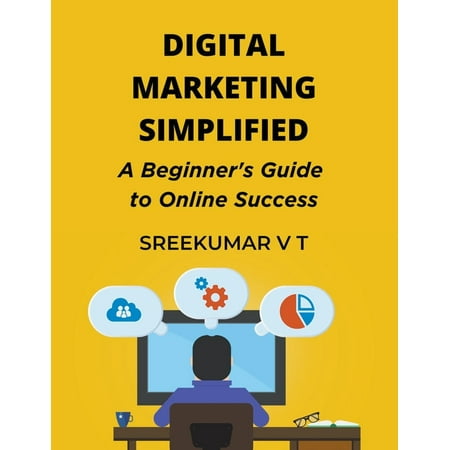
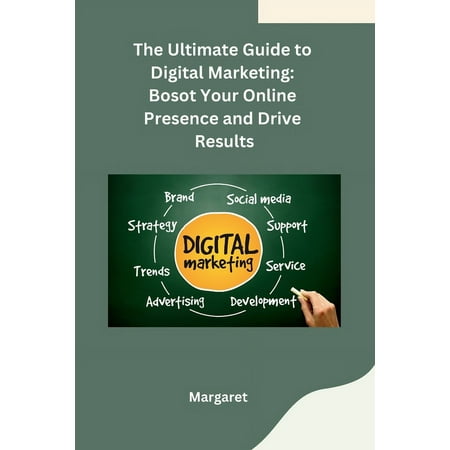
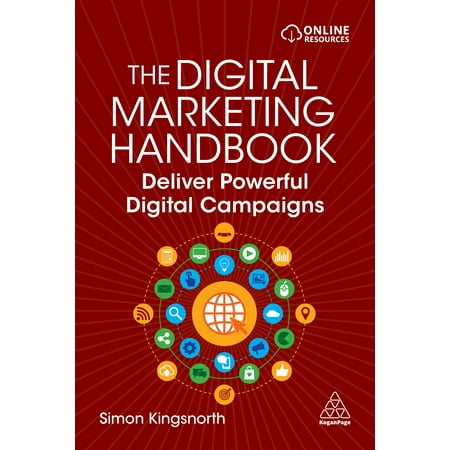
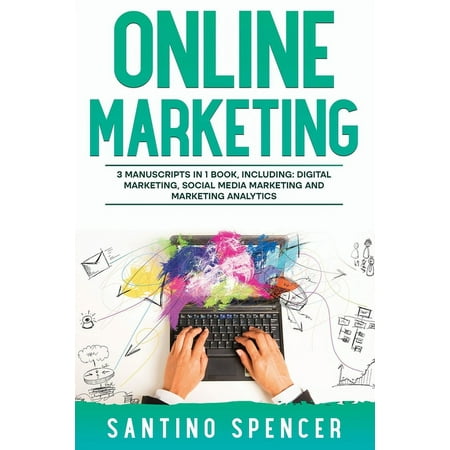
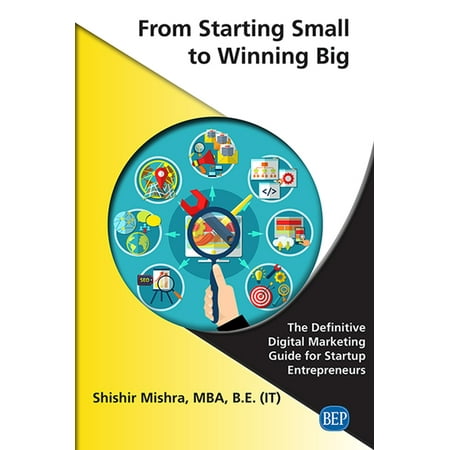
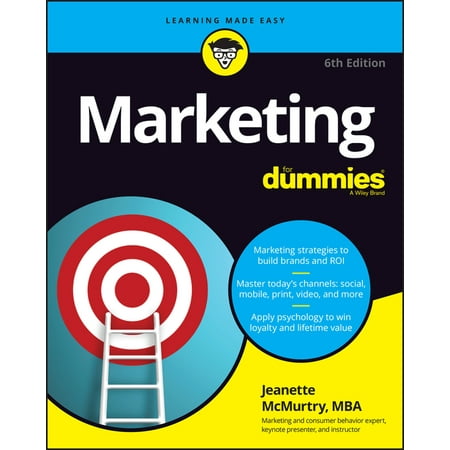
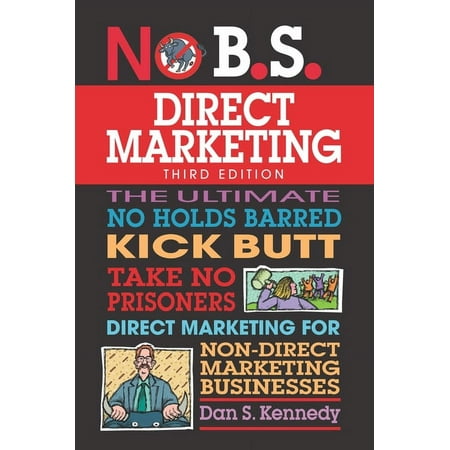
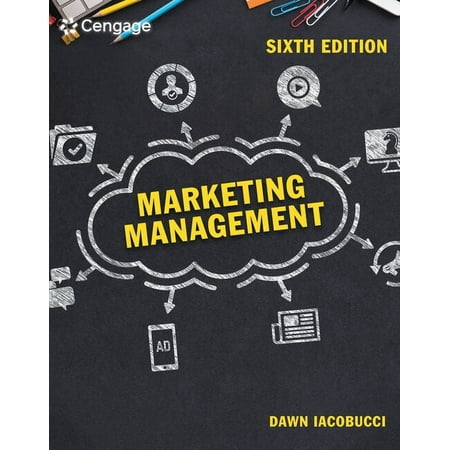
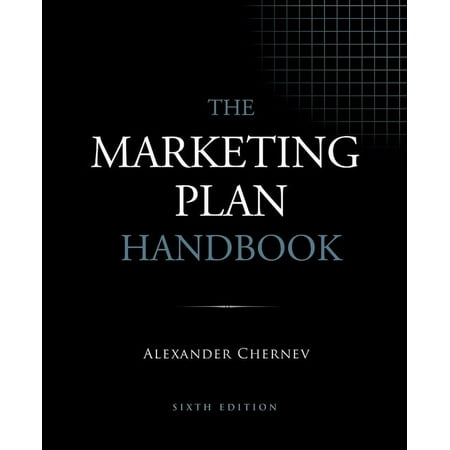
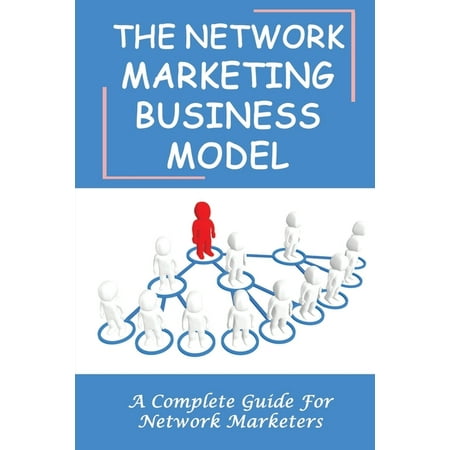
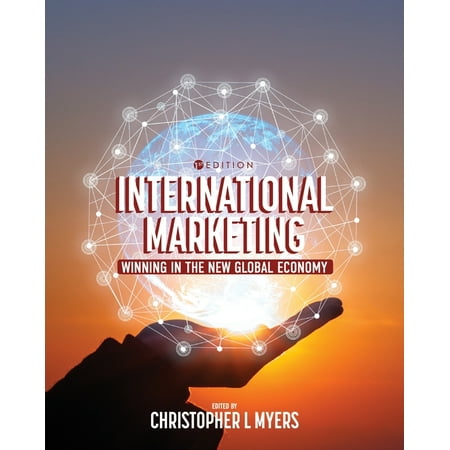
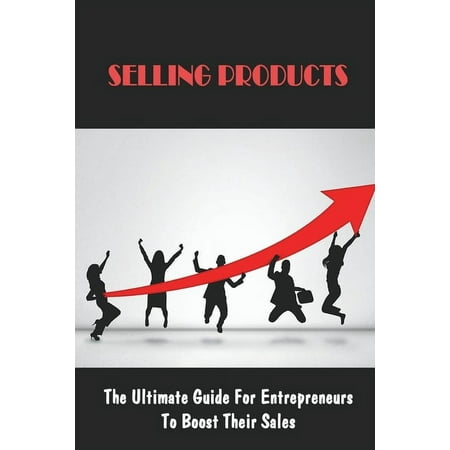
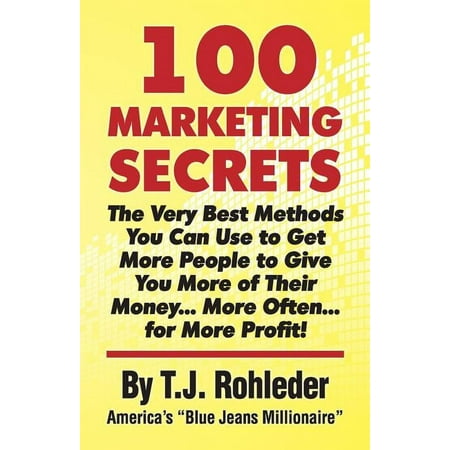
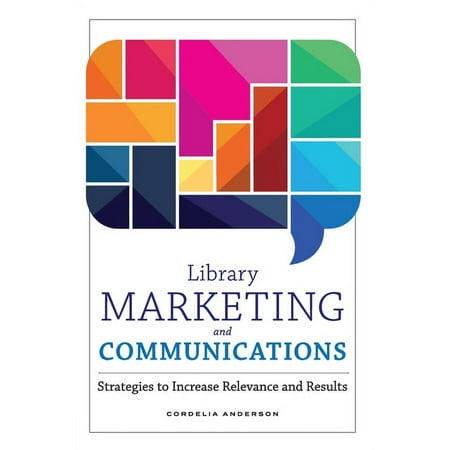
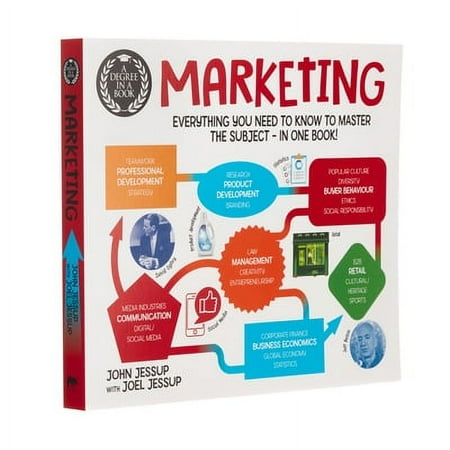
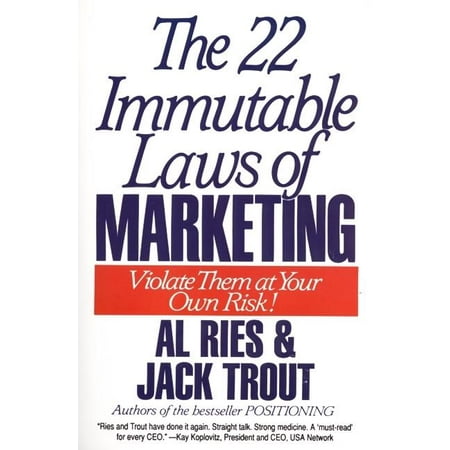
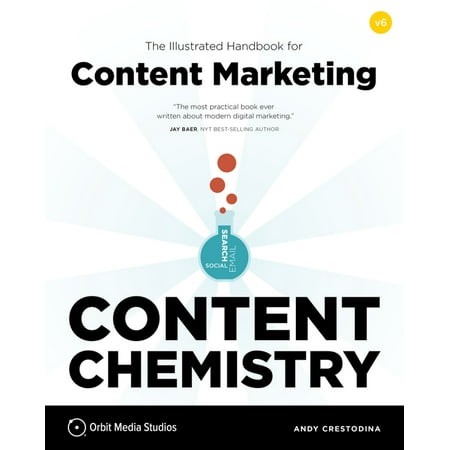
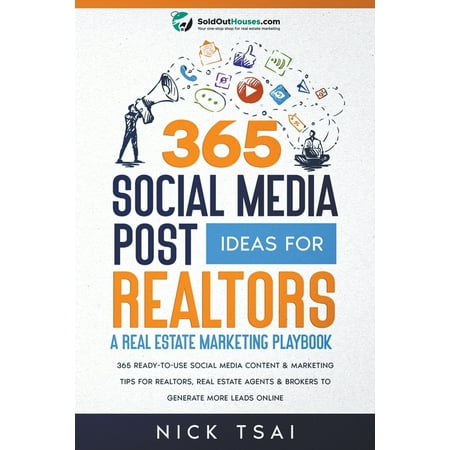
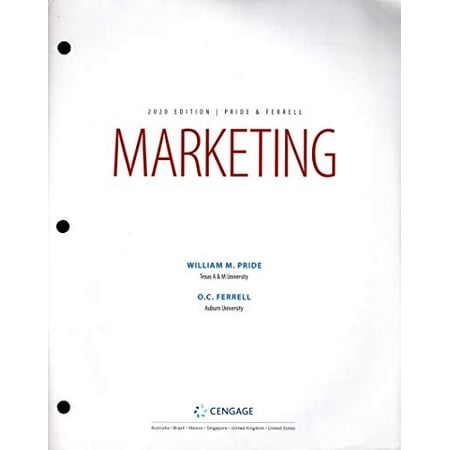

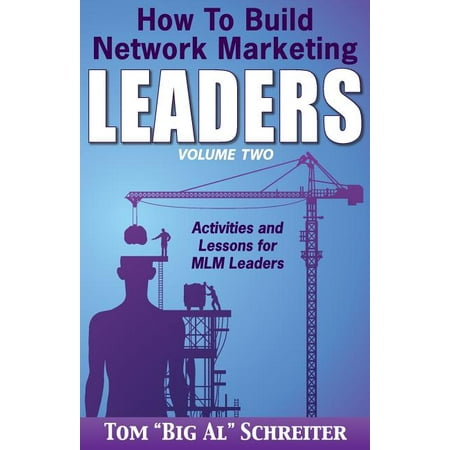

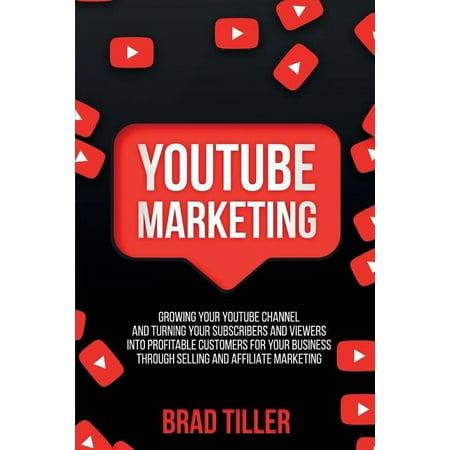
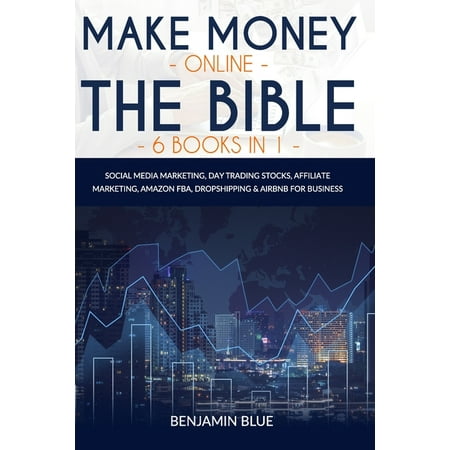

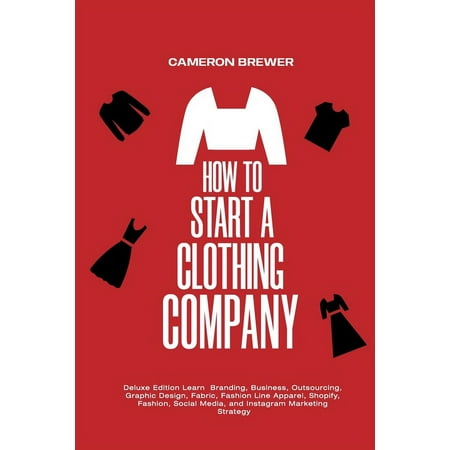
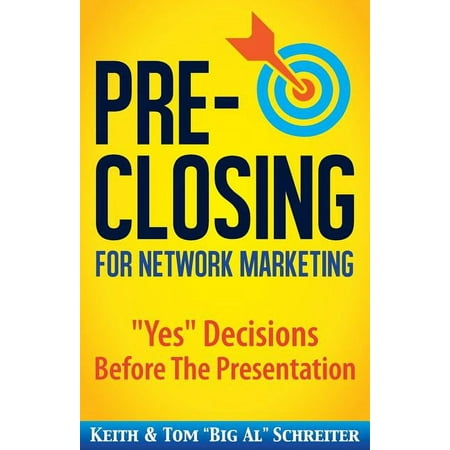
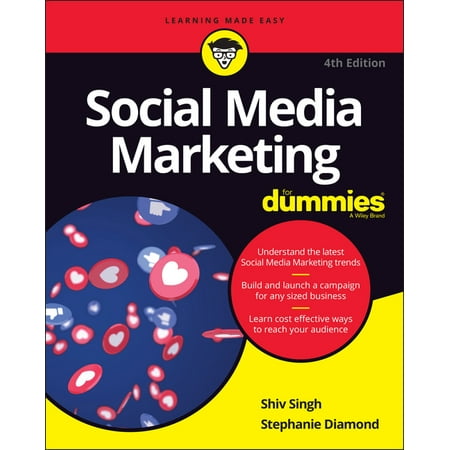
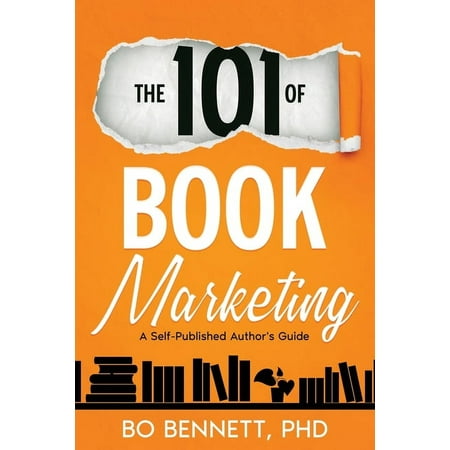
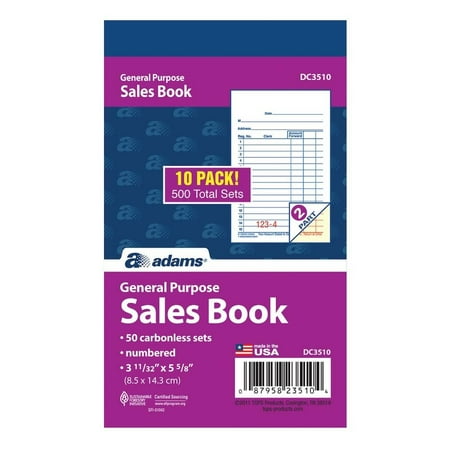
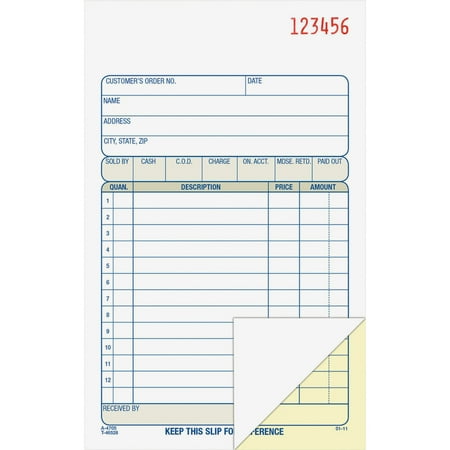
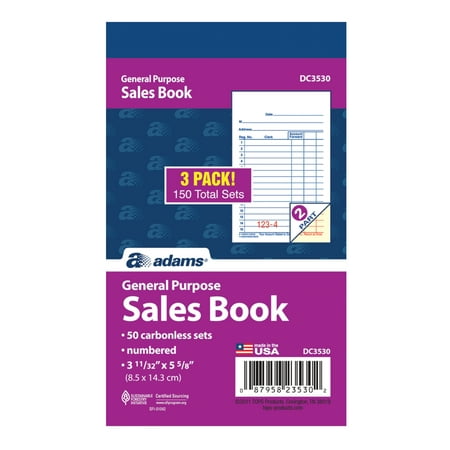
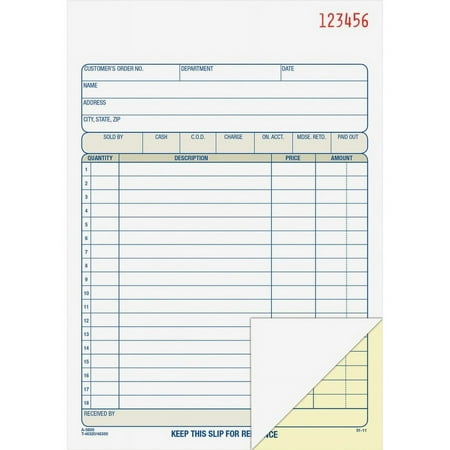
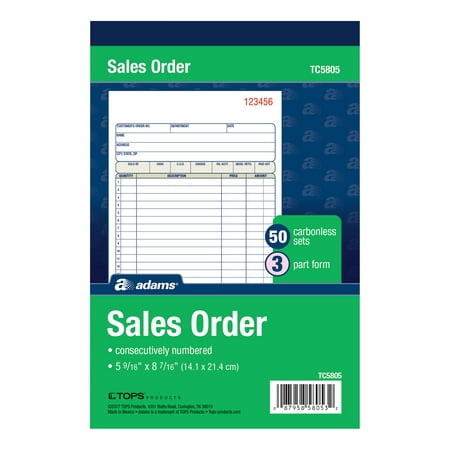
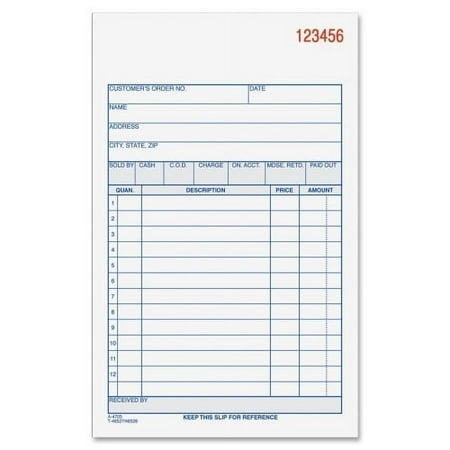
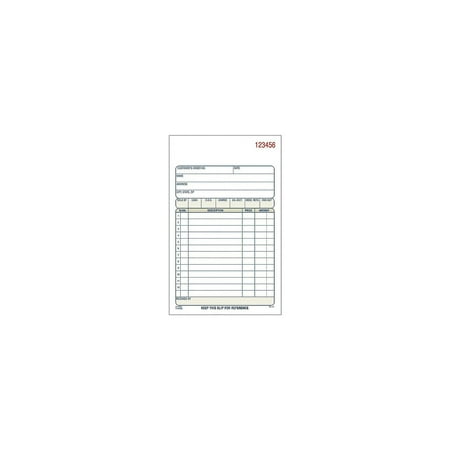
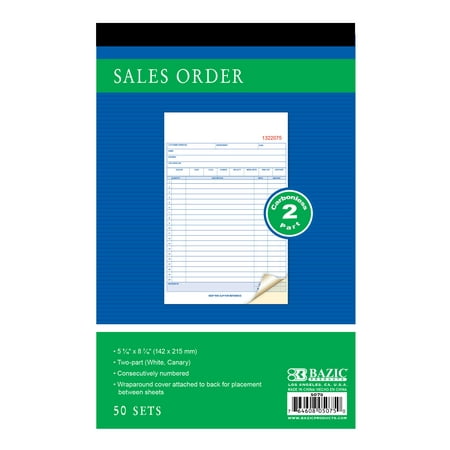
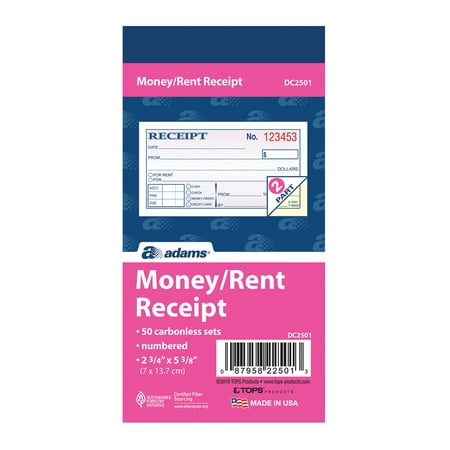
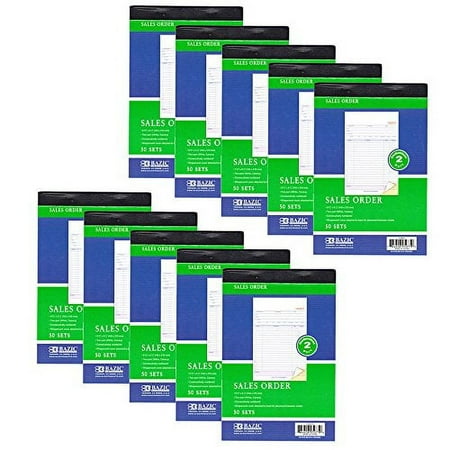
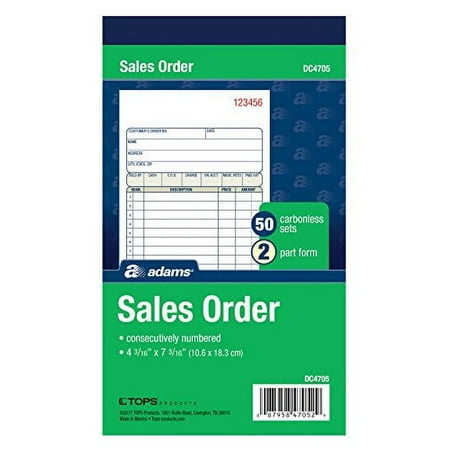
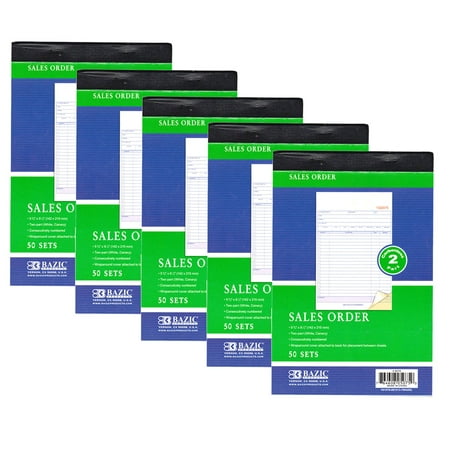
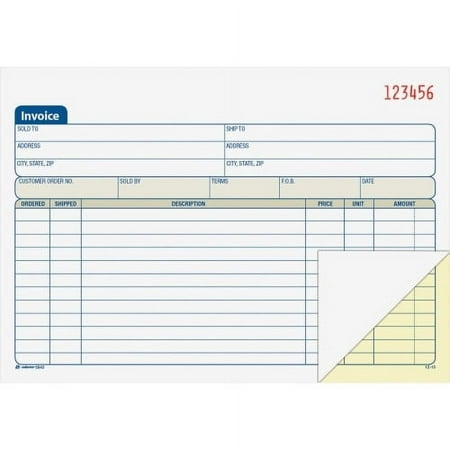
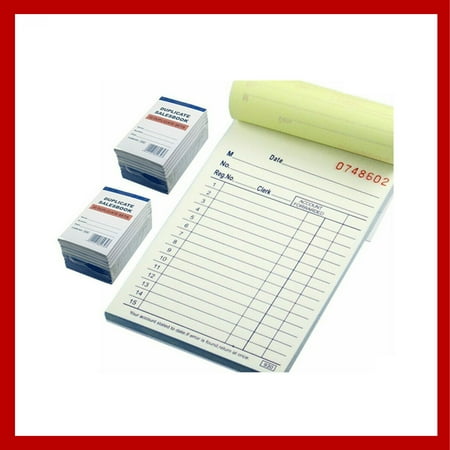
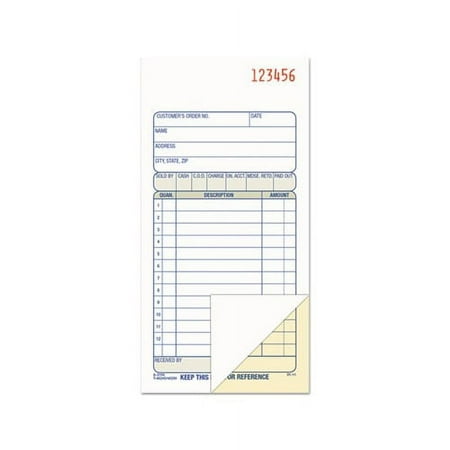
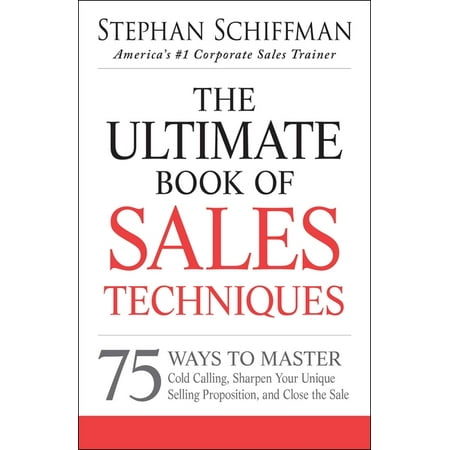
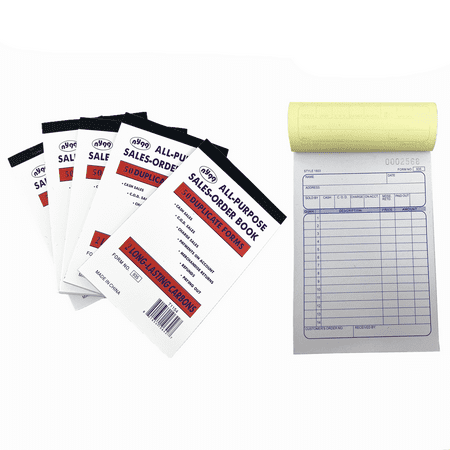
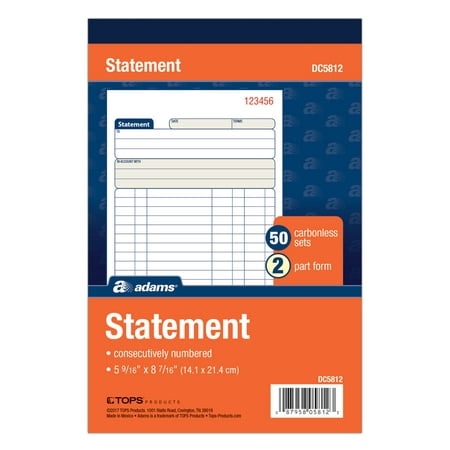
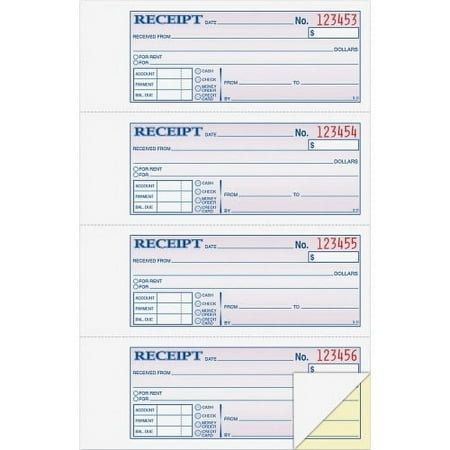
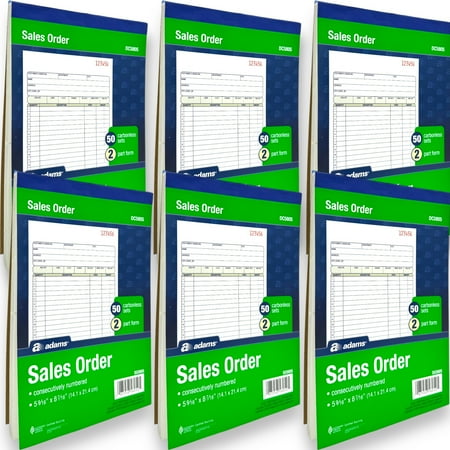
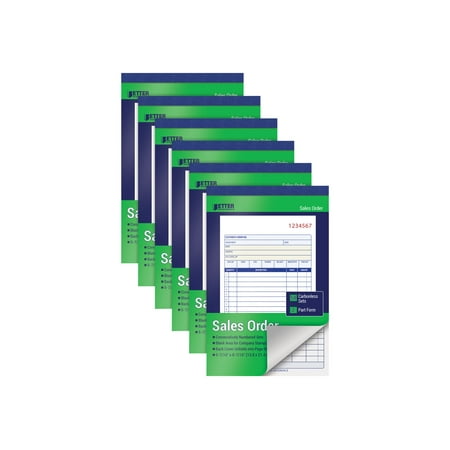
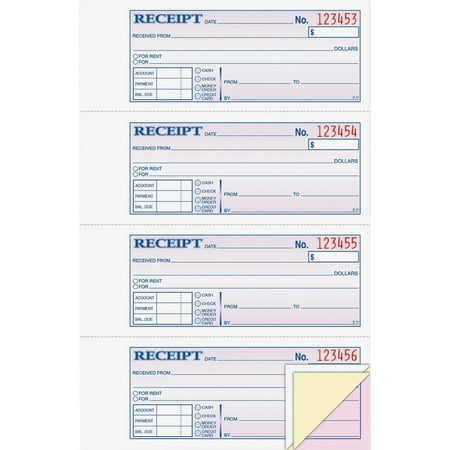
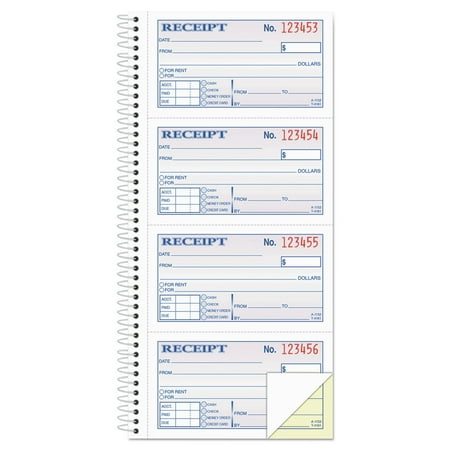
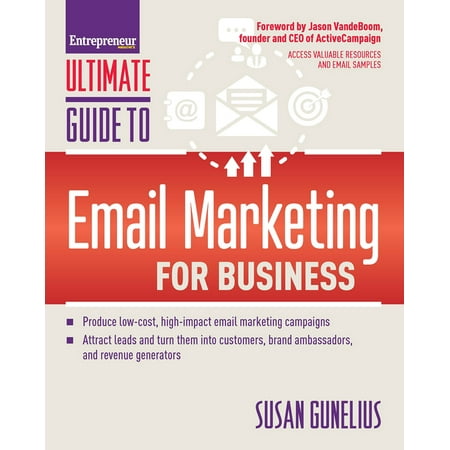
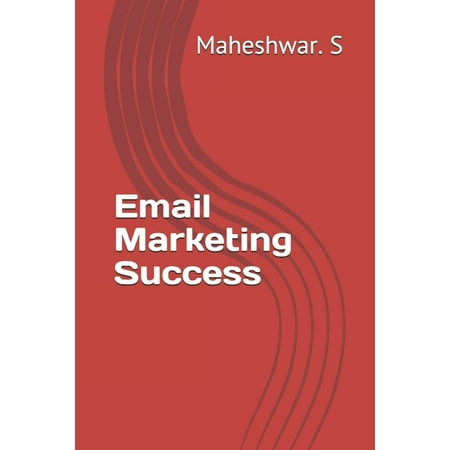
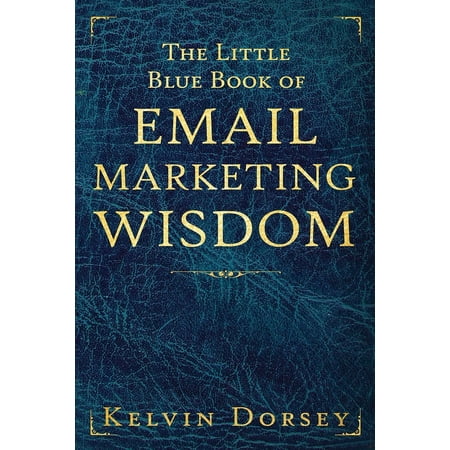
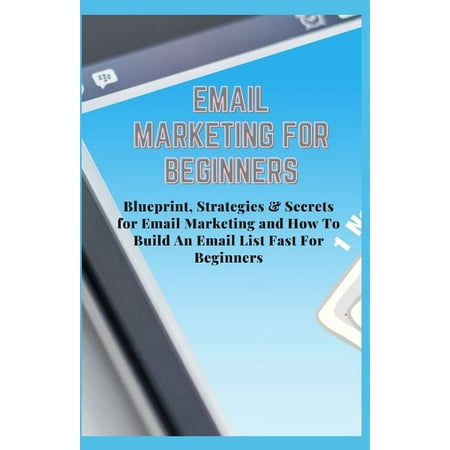
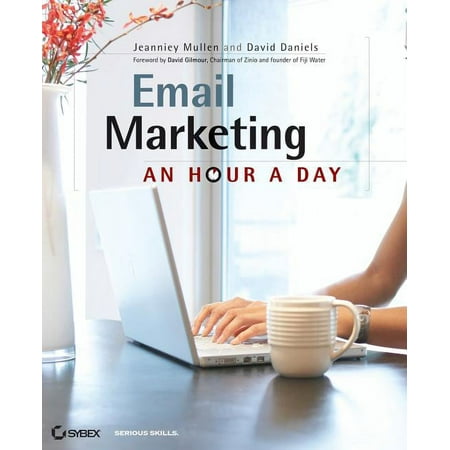
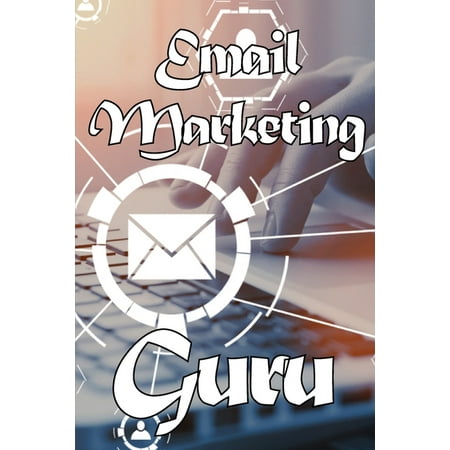
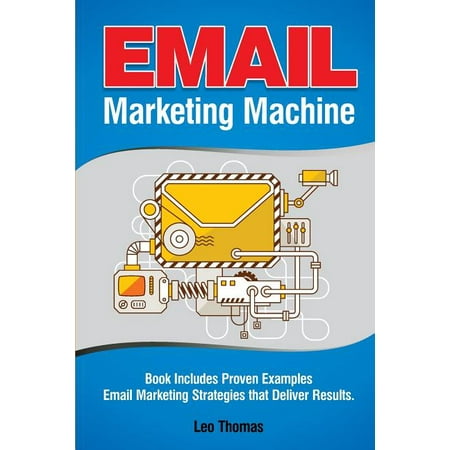
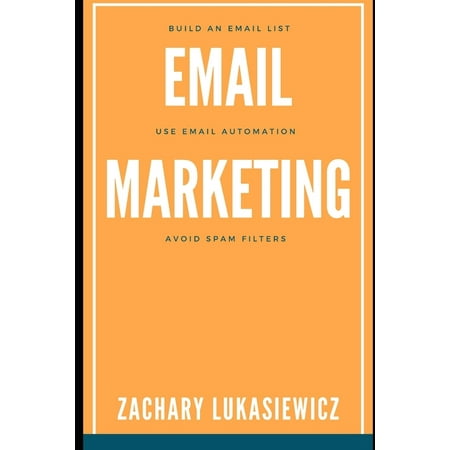
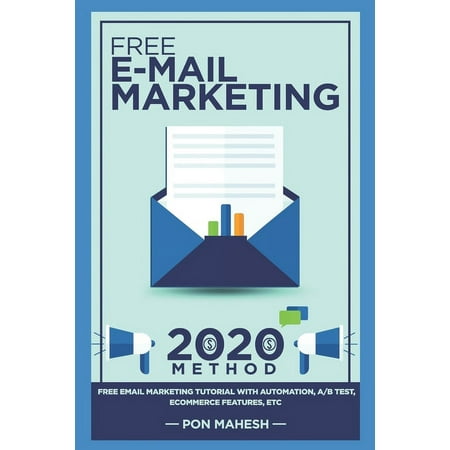
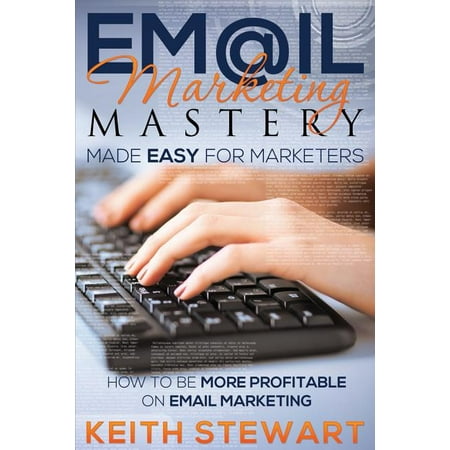

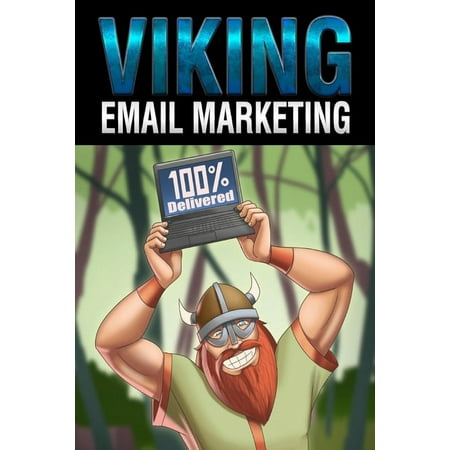
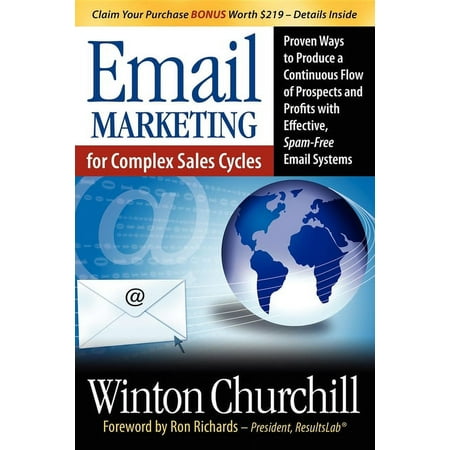
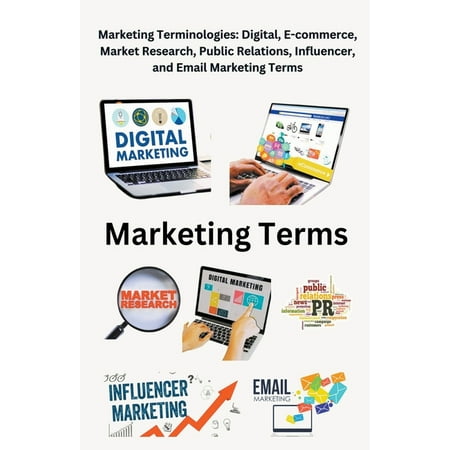
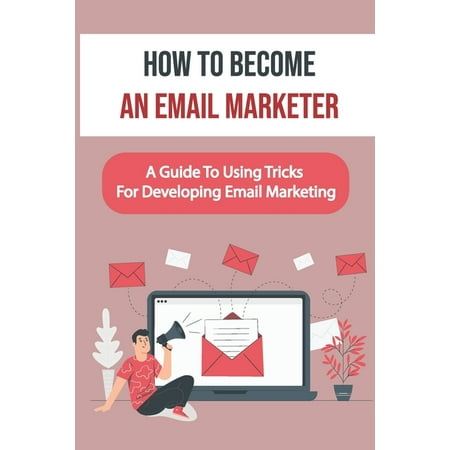
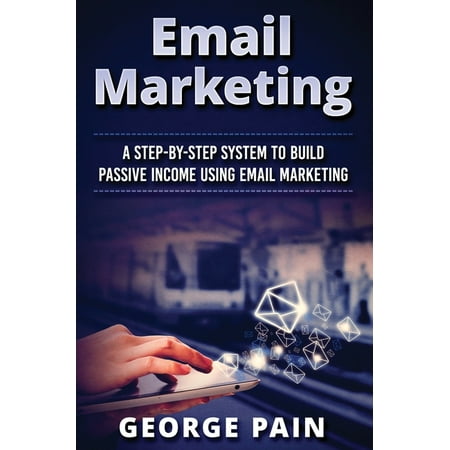
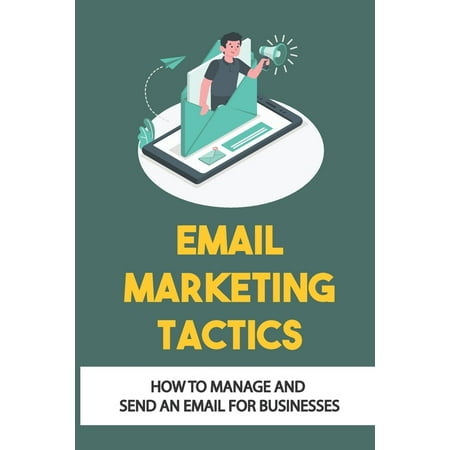
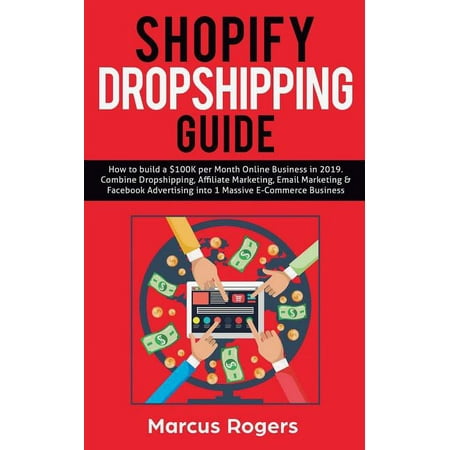
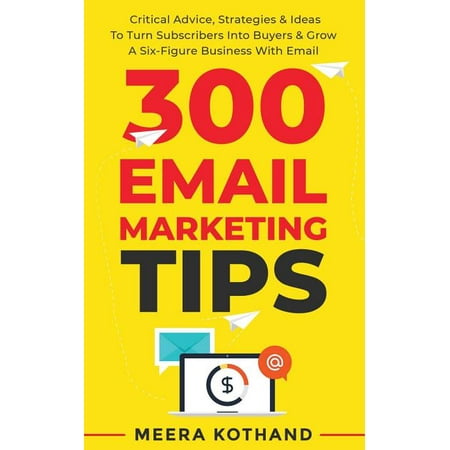
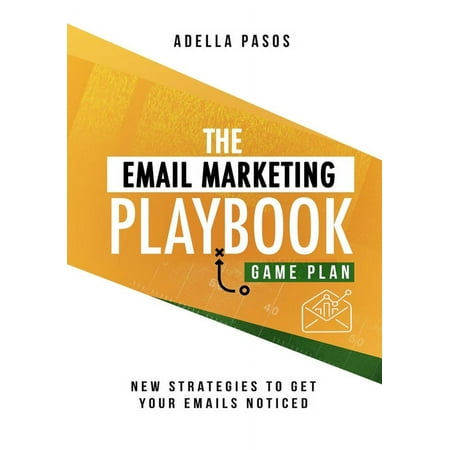
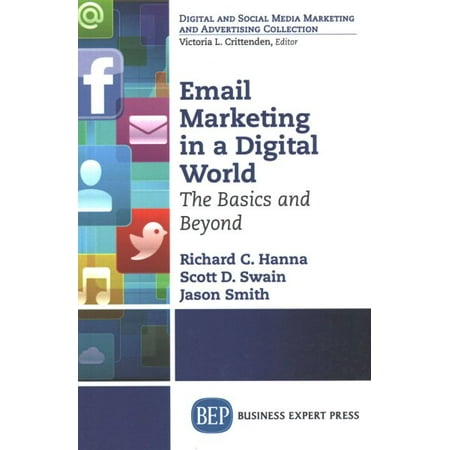
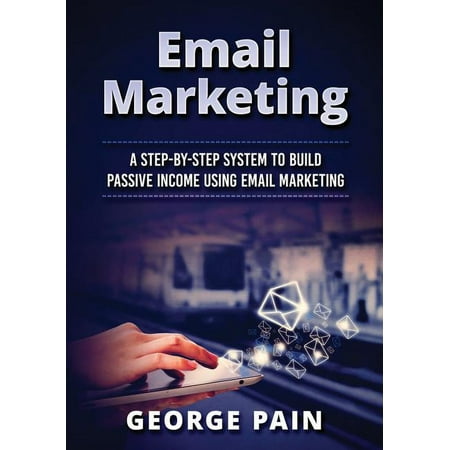
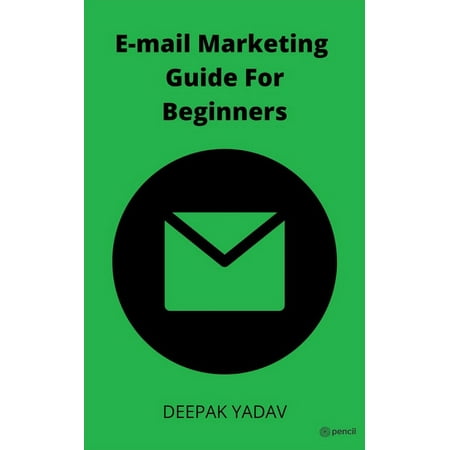
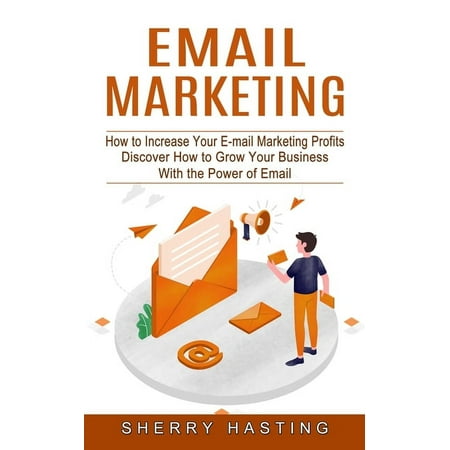
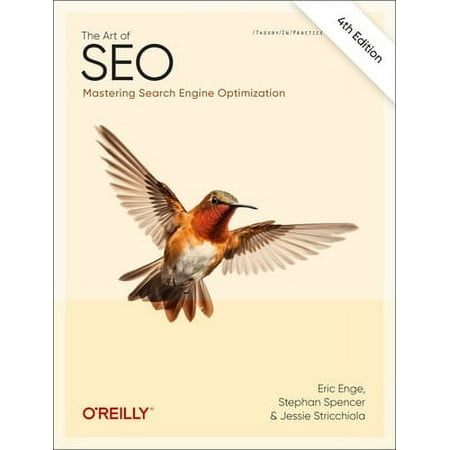
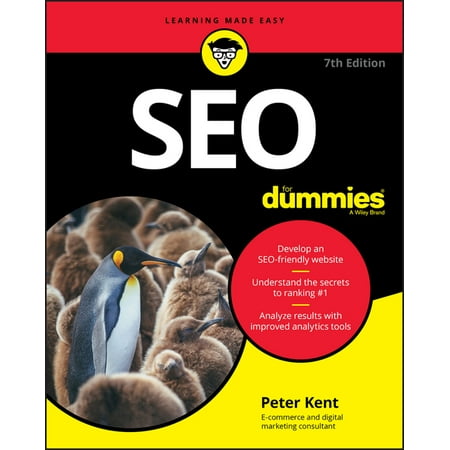

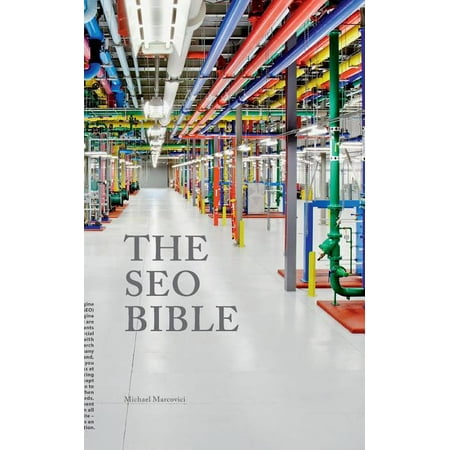
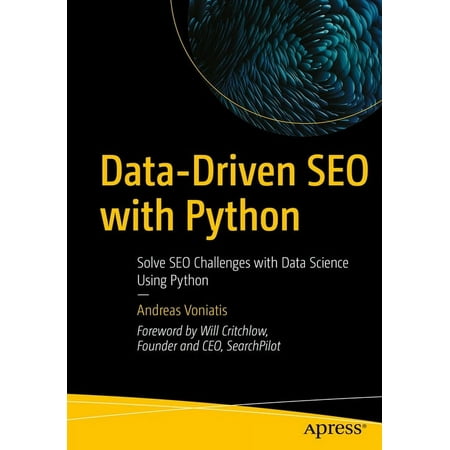
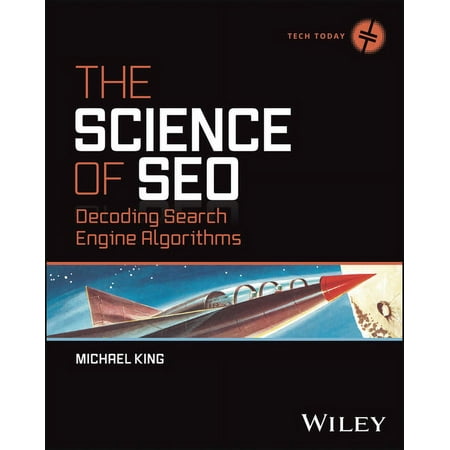
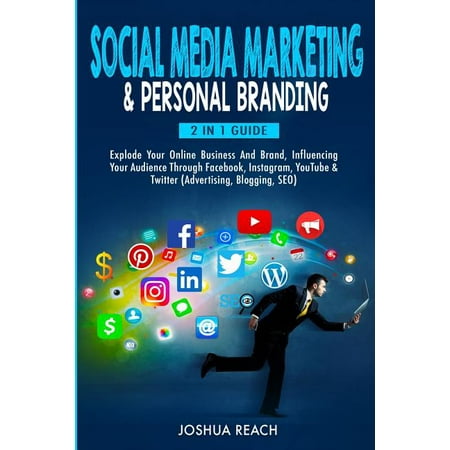
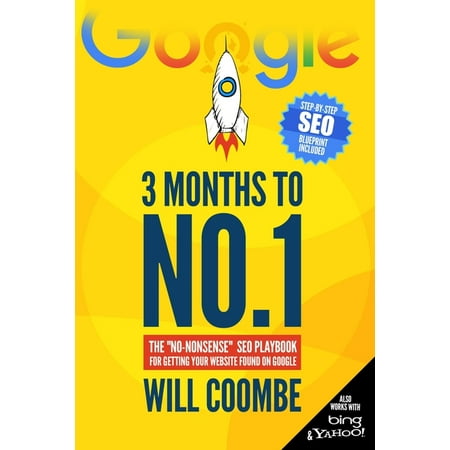
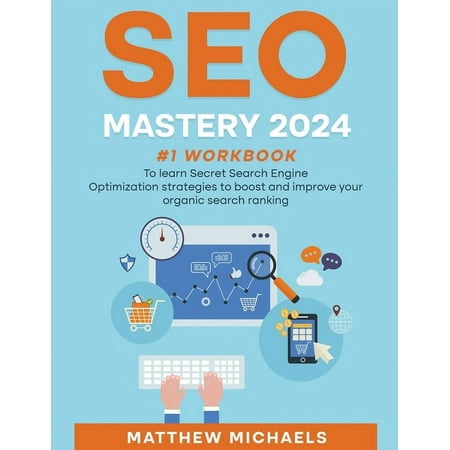
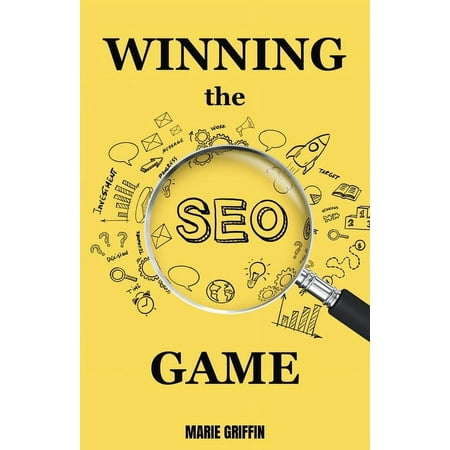
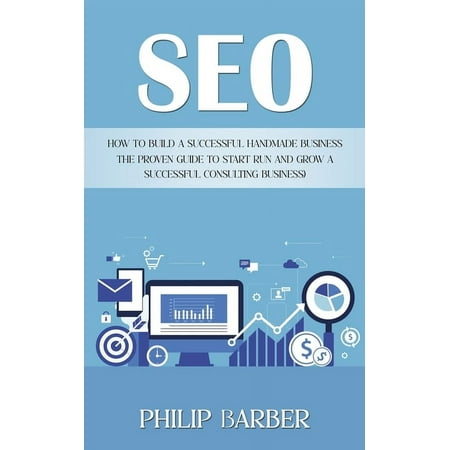

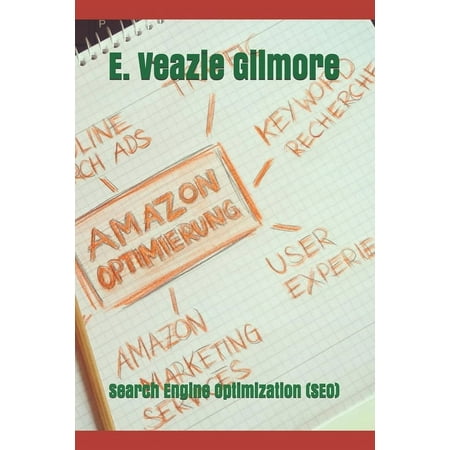

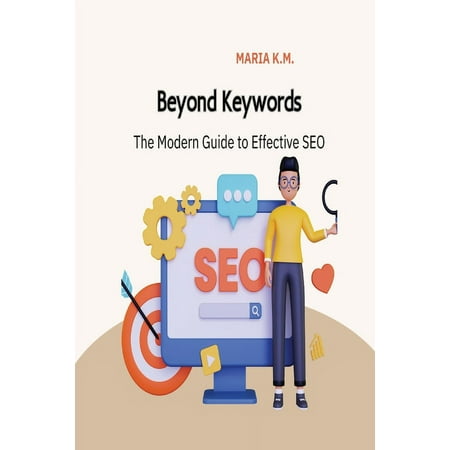
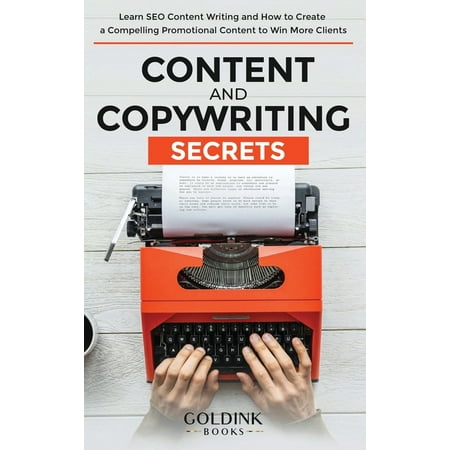
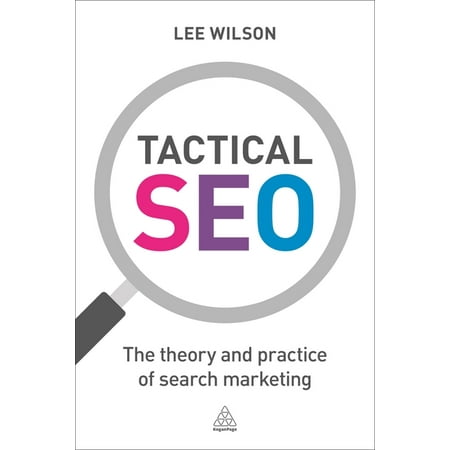
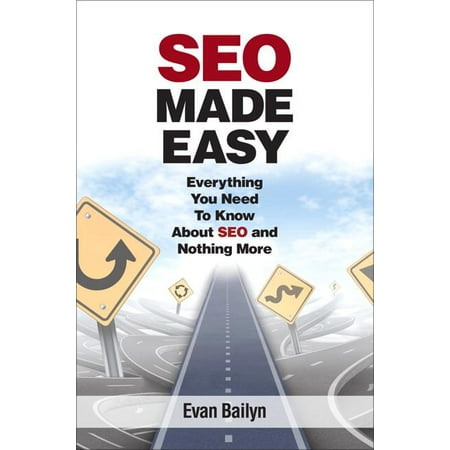
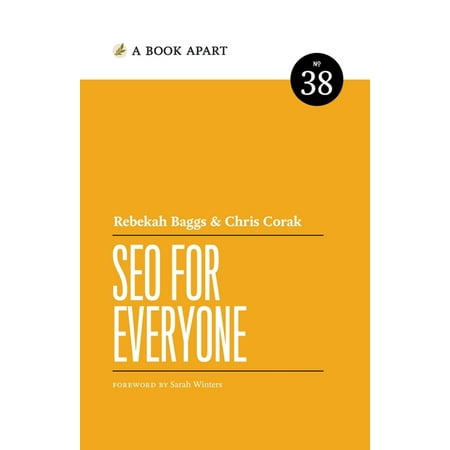
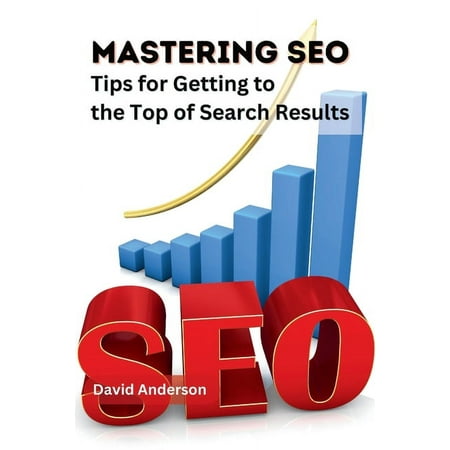
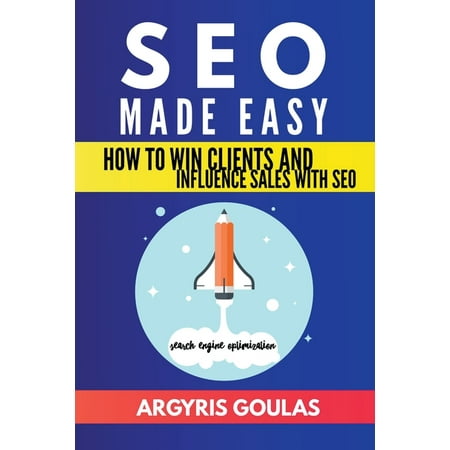
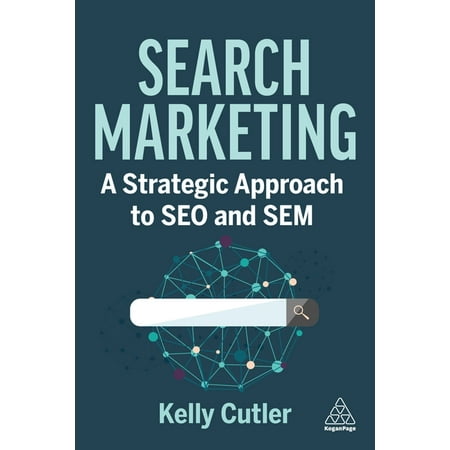
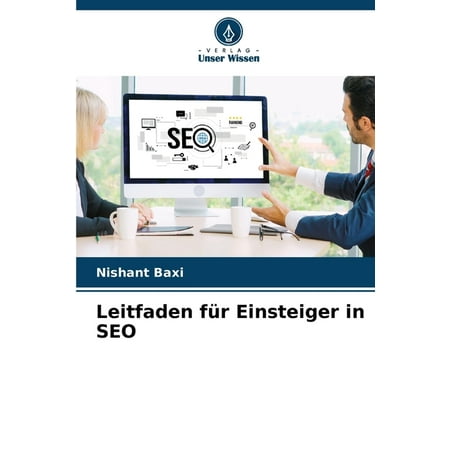

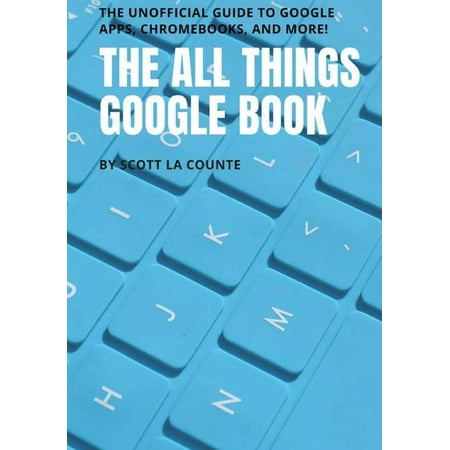
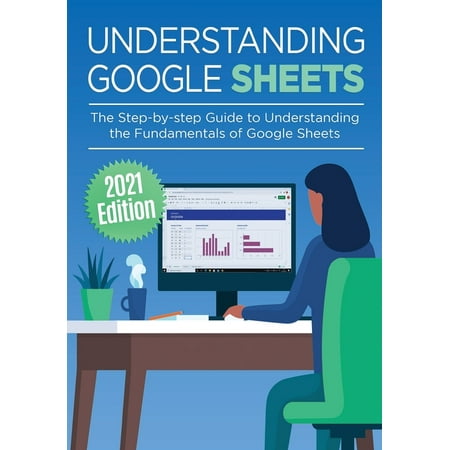
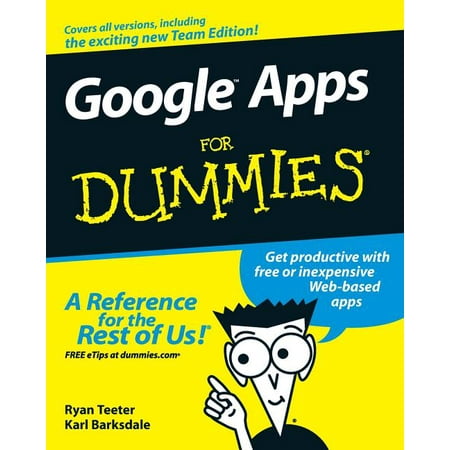
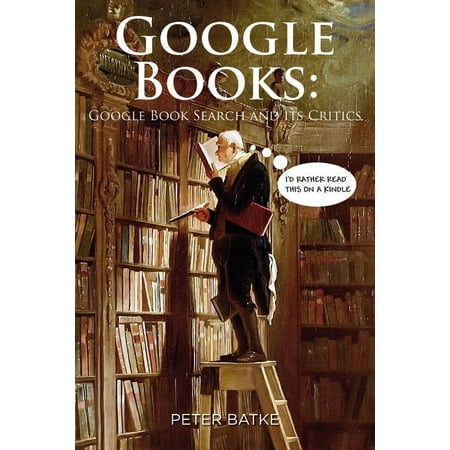
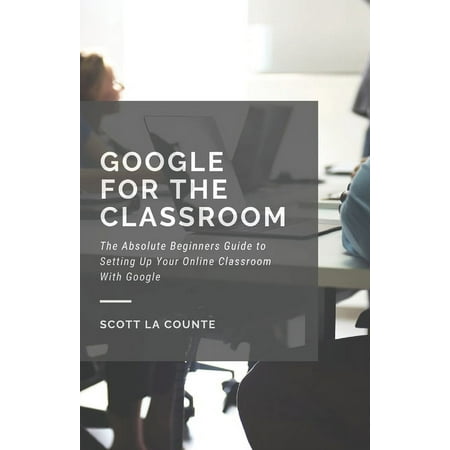

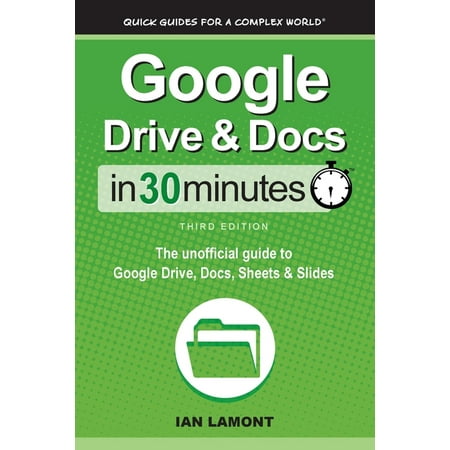
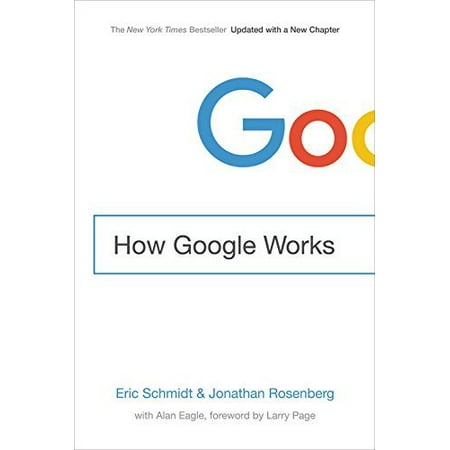
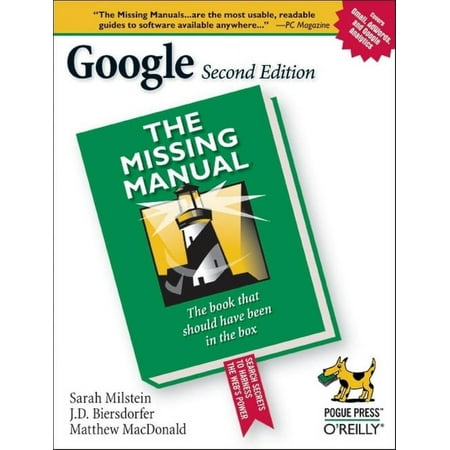

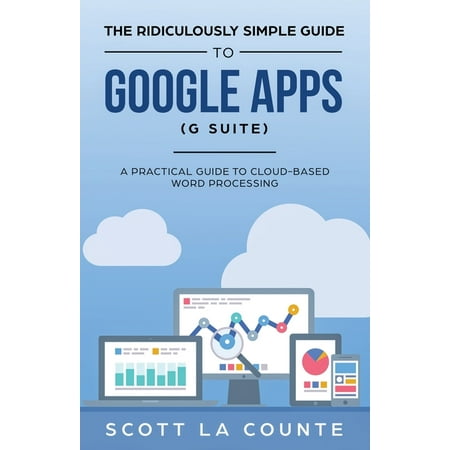
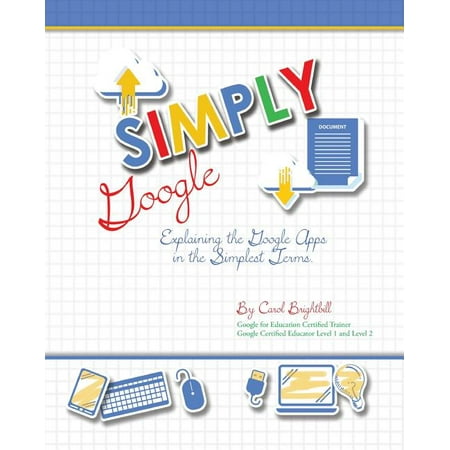
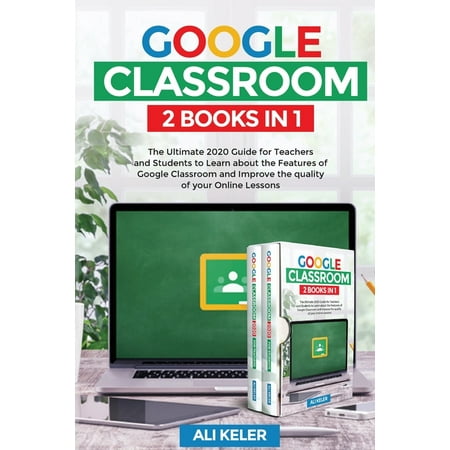
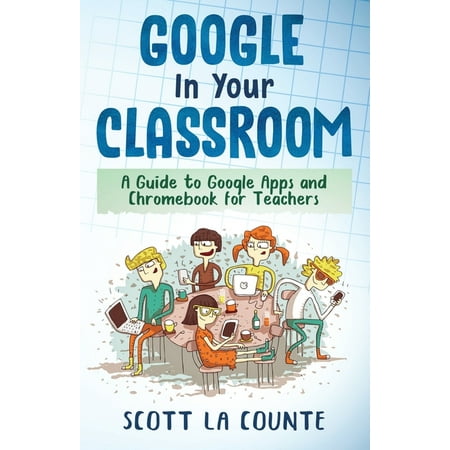
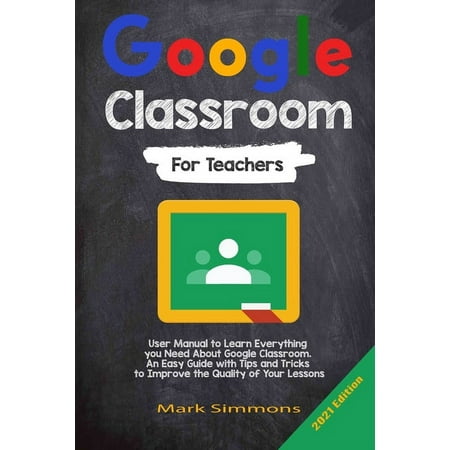
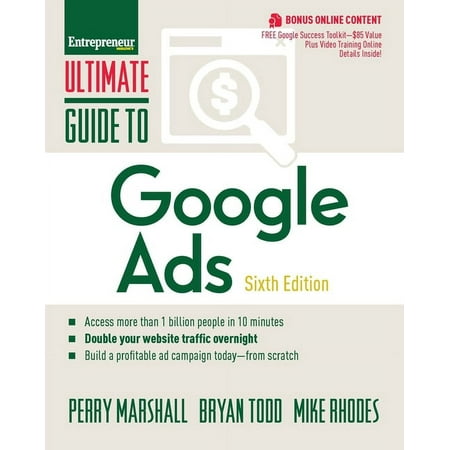
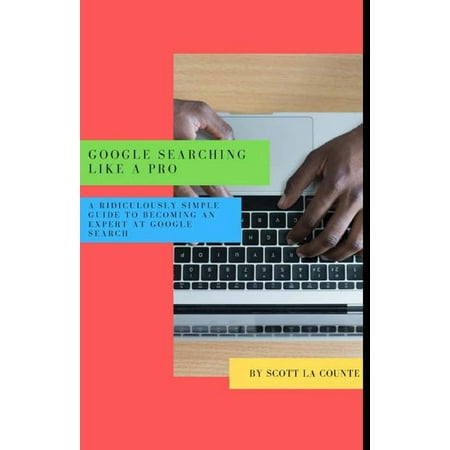
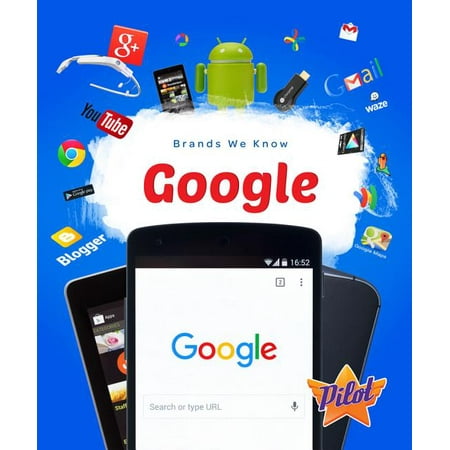
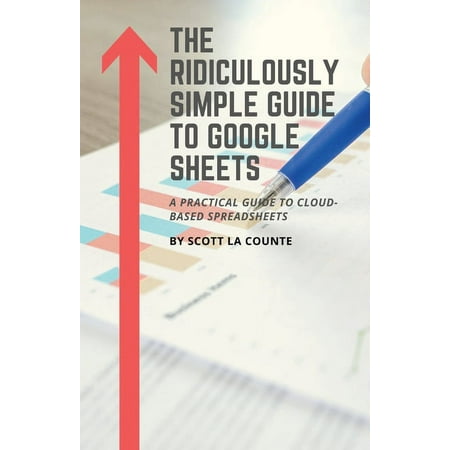
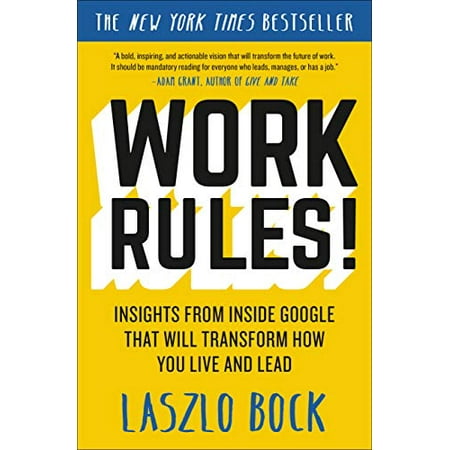
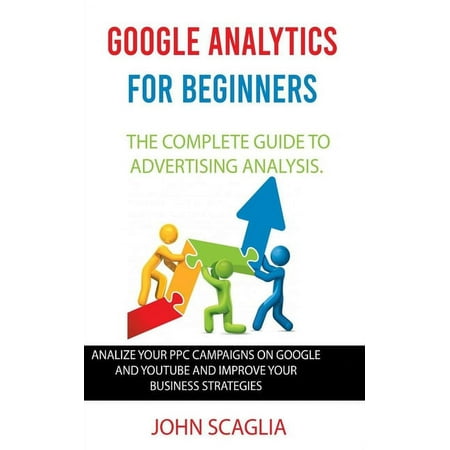
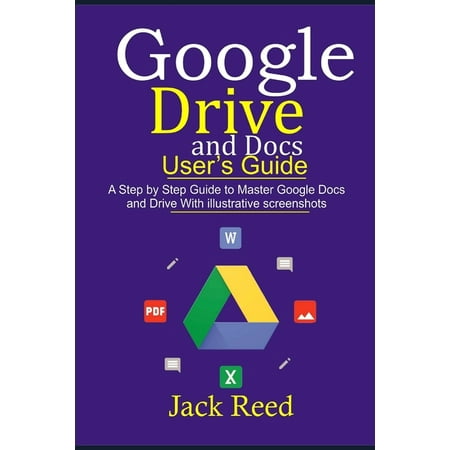
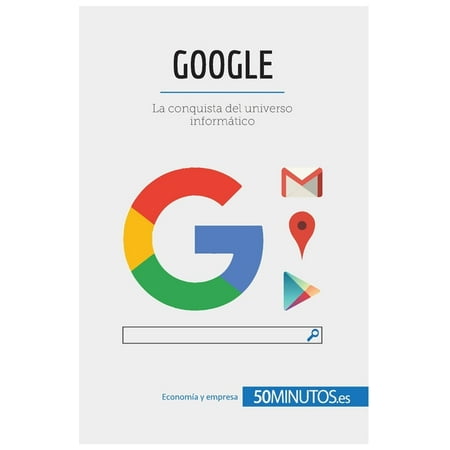
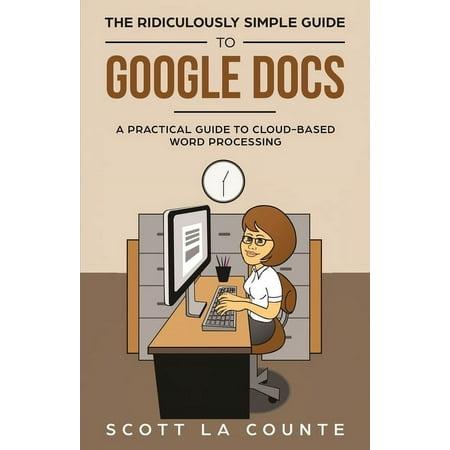
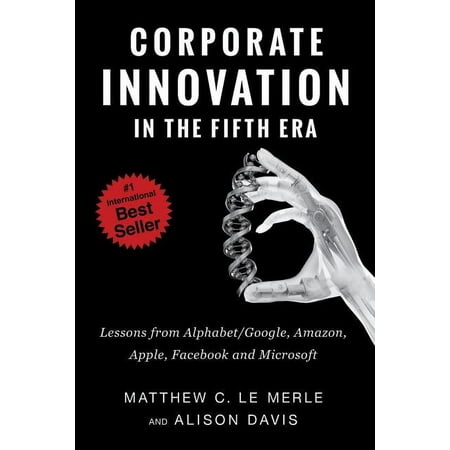
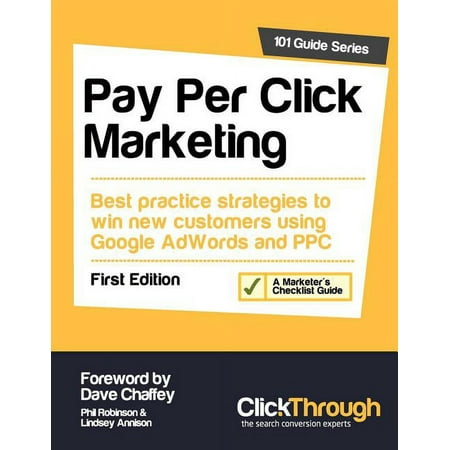
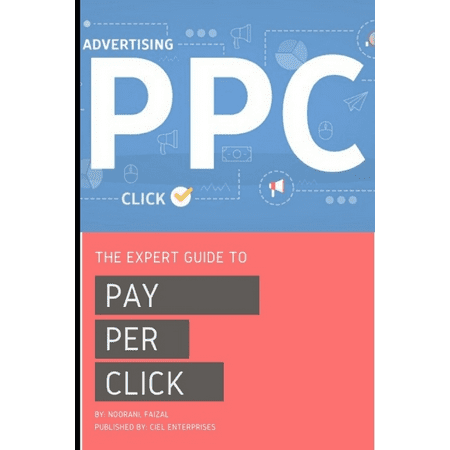
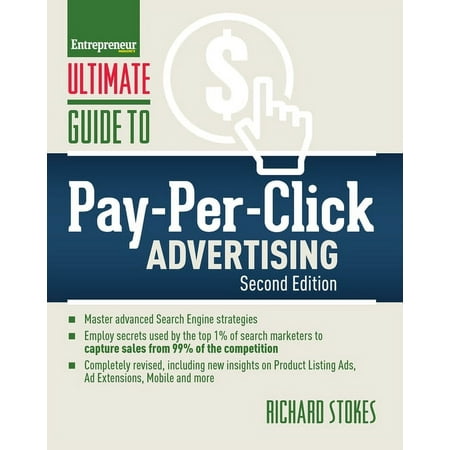
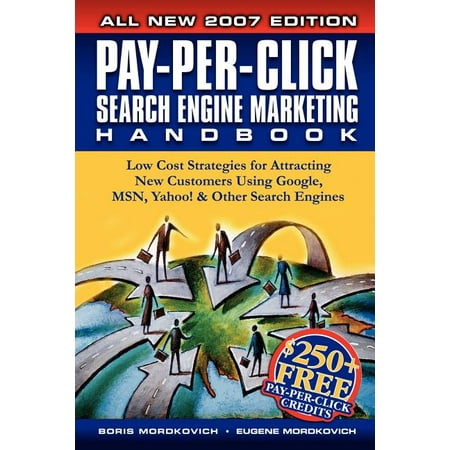
![Pay-Per-Click Search Engine Marketing: An Hour a Day [With Access Code] (Other)](https://i5.walmartimages.com/asr/b675faac-2390-44b3-94ec-a2b5d25e2835.d01ea03e650082da60c5e8e9a8ba6f7f.jpeg?odnHeight=450&odnWidth=450&odnBg=ffffff)
